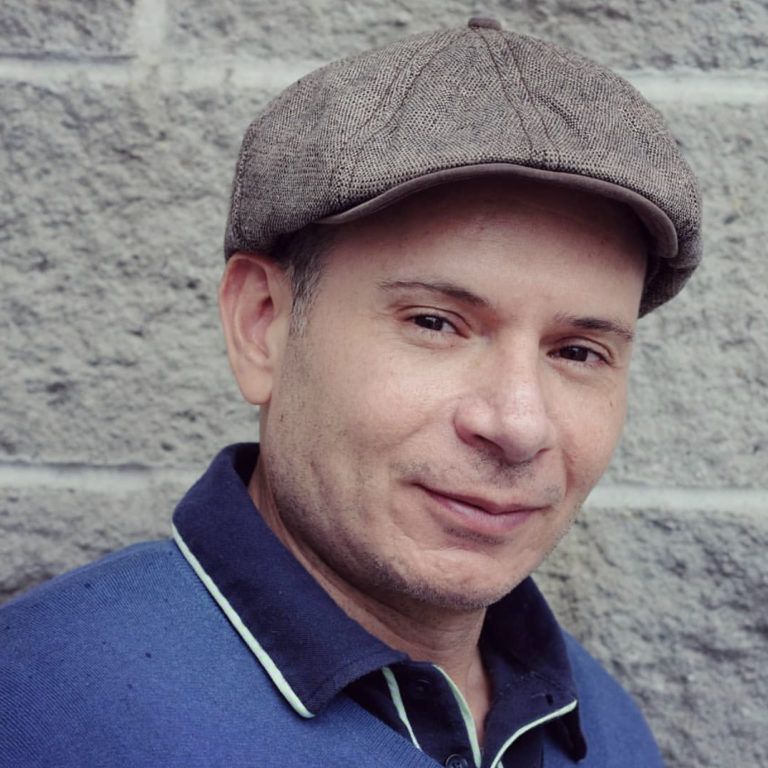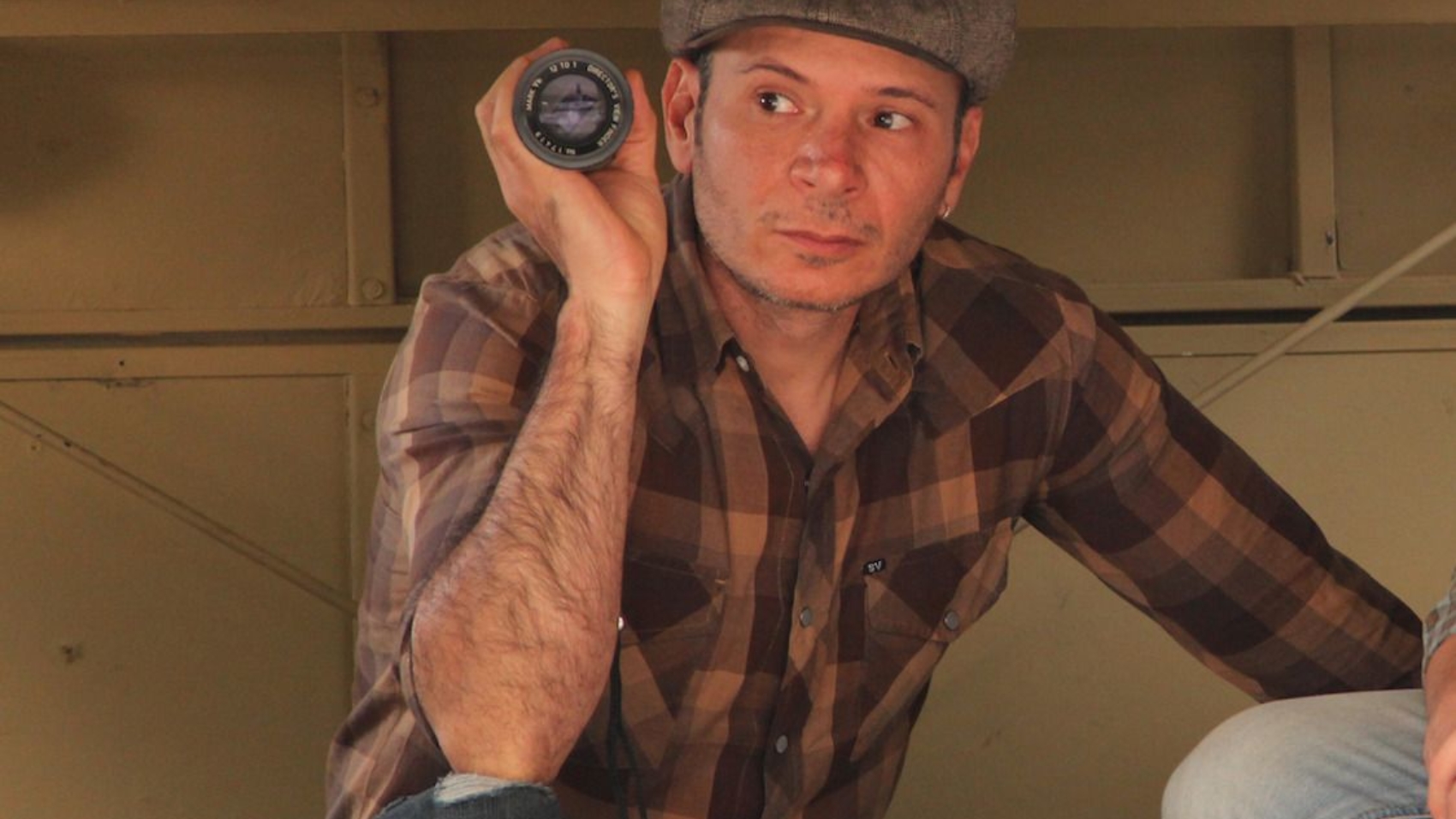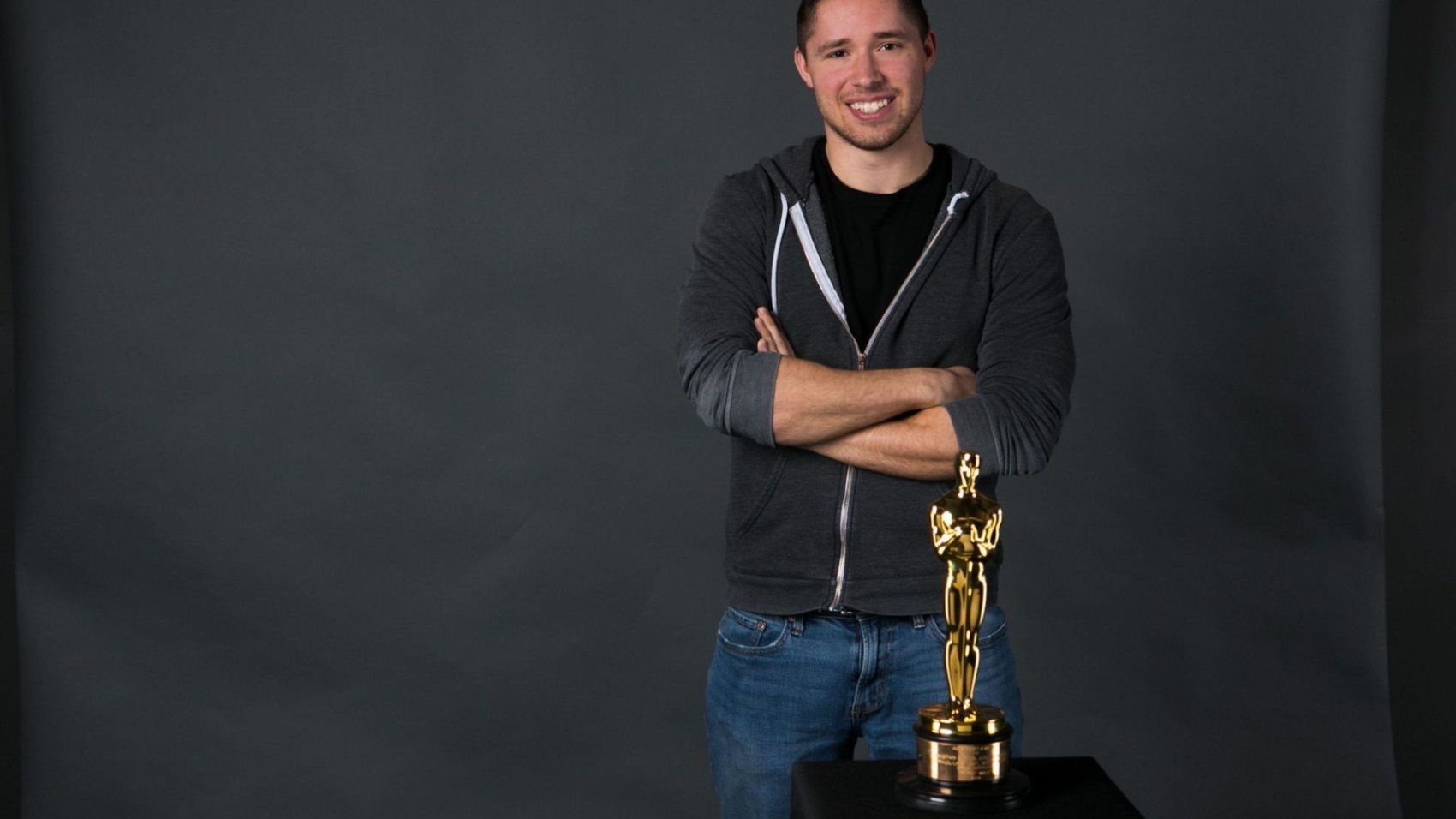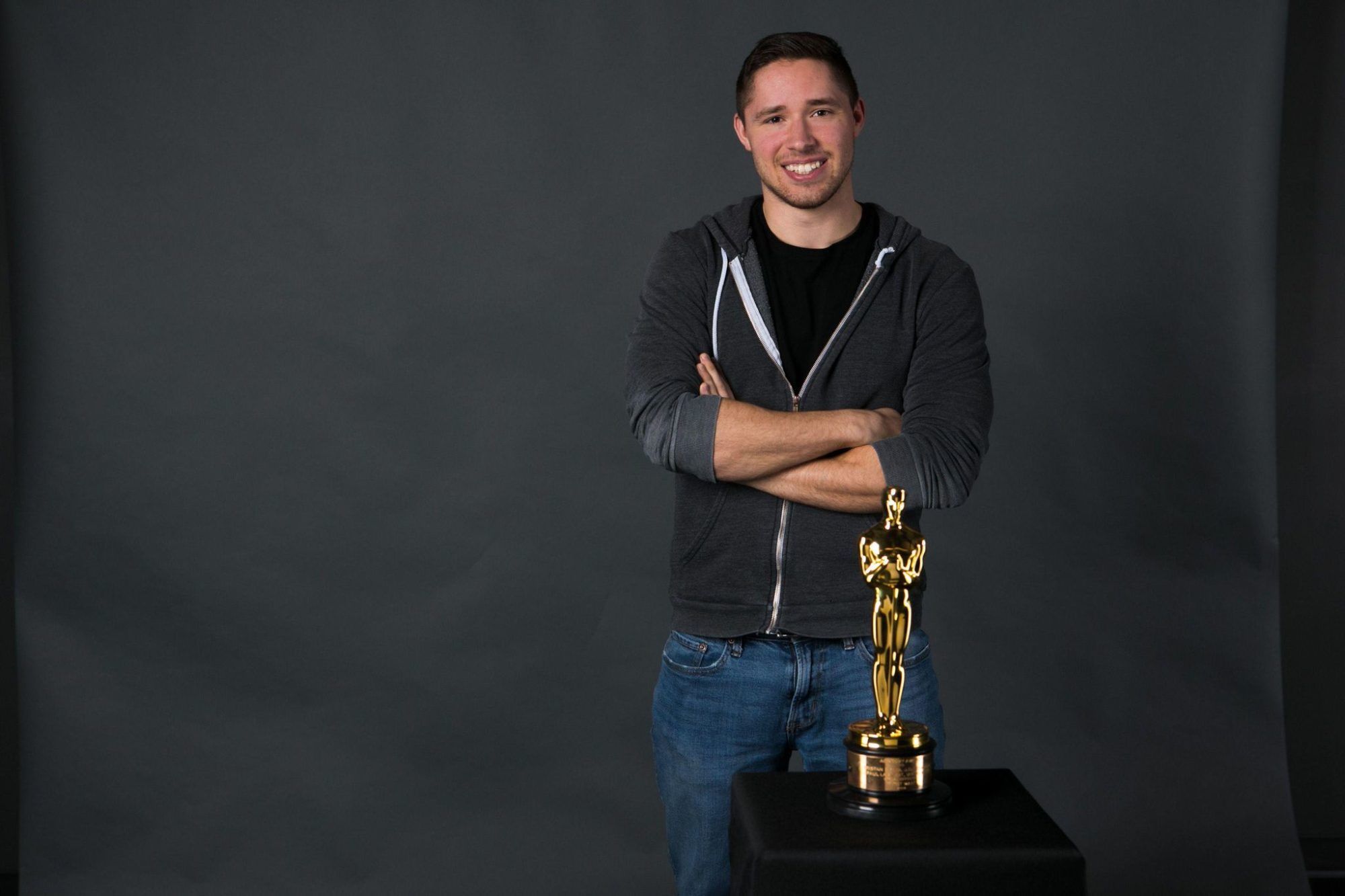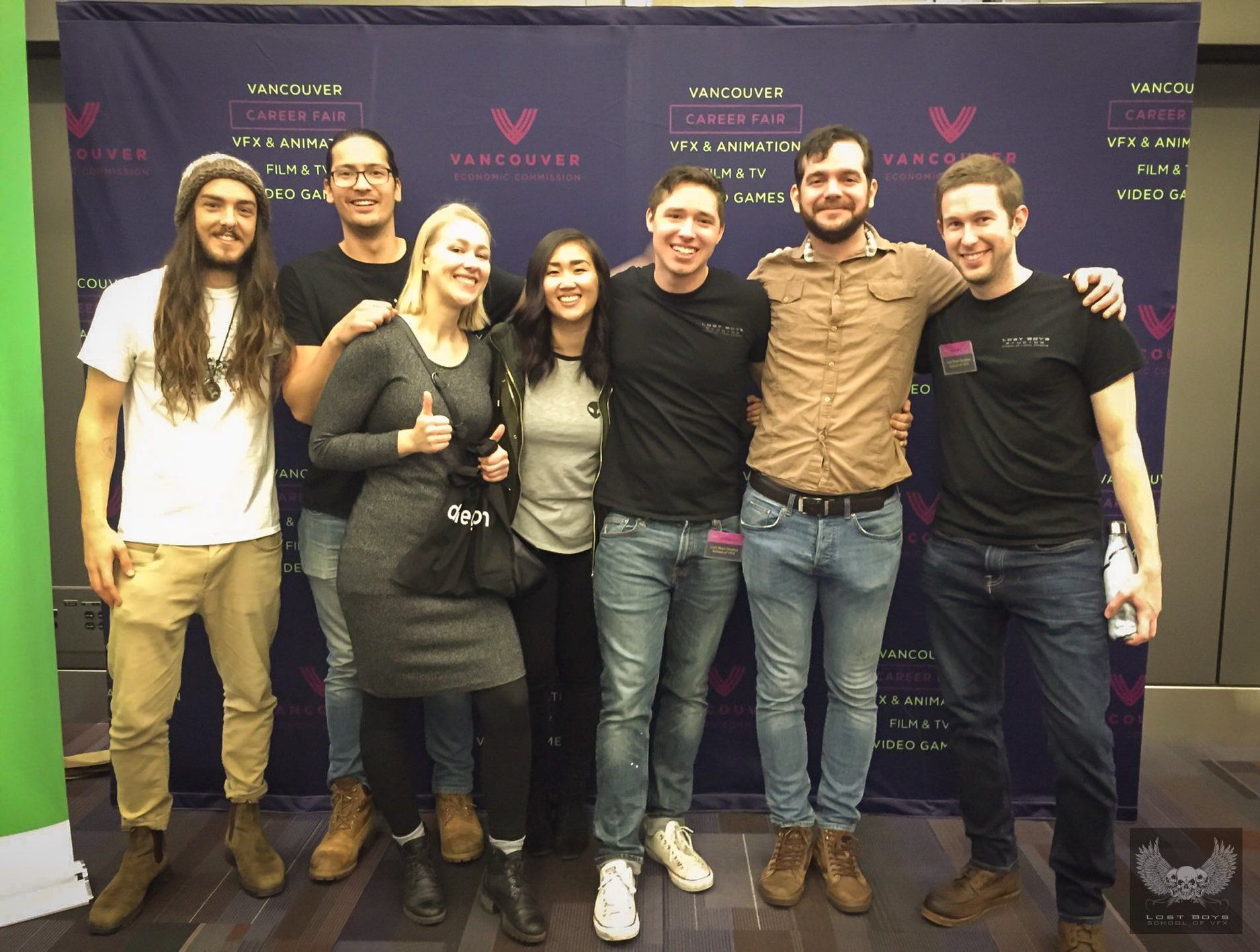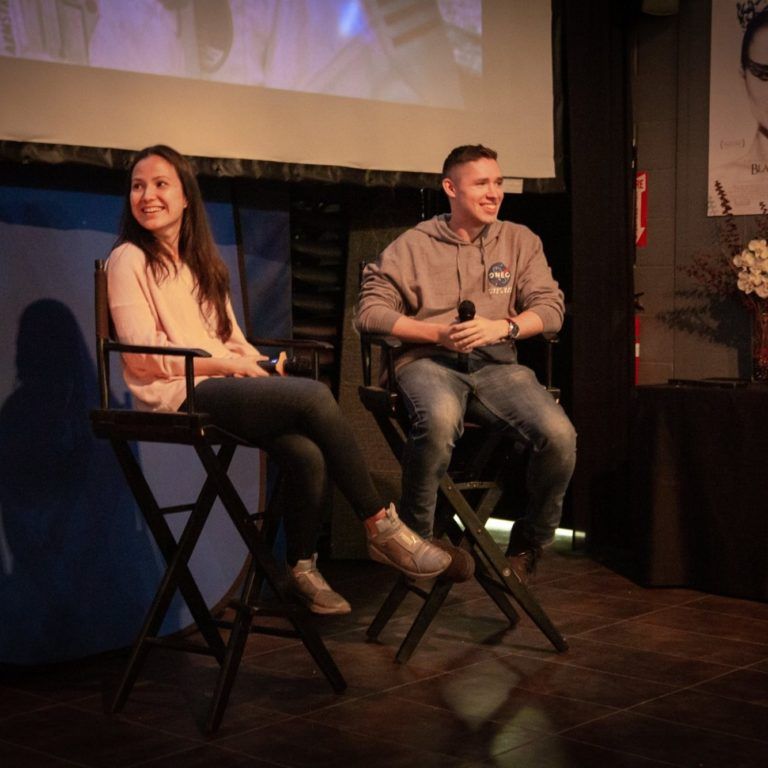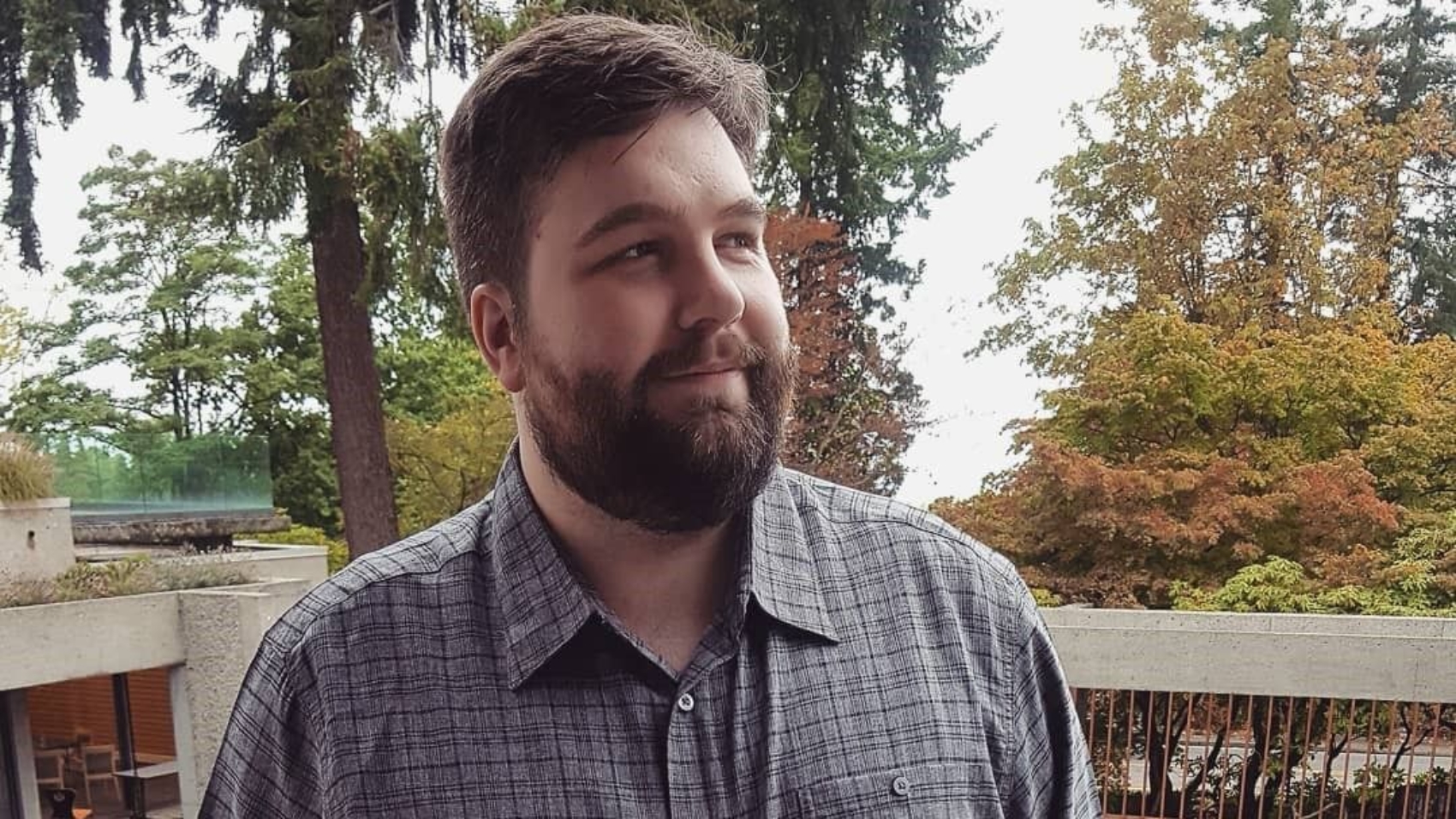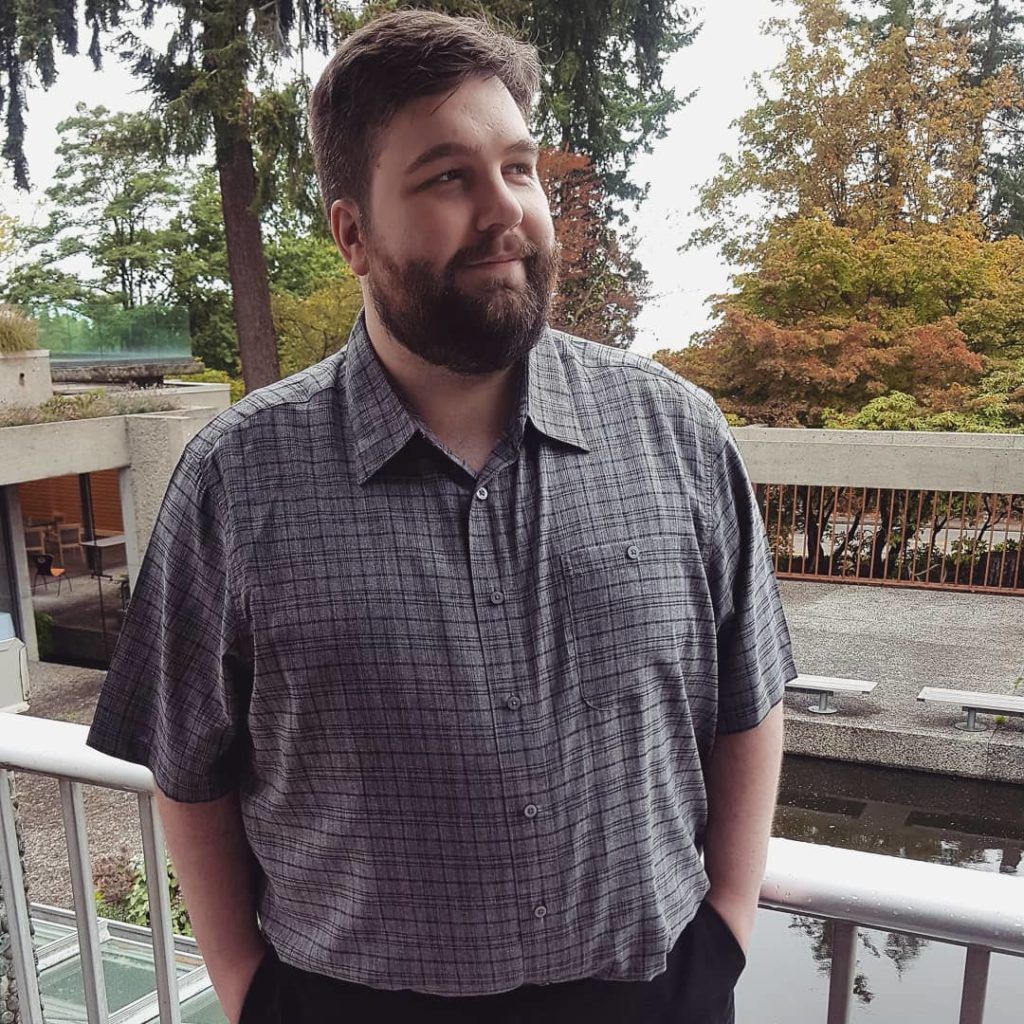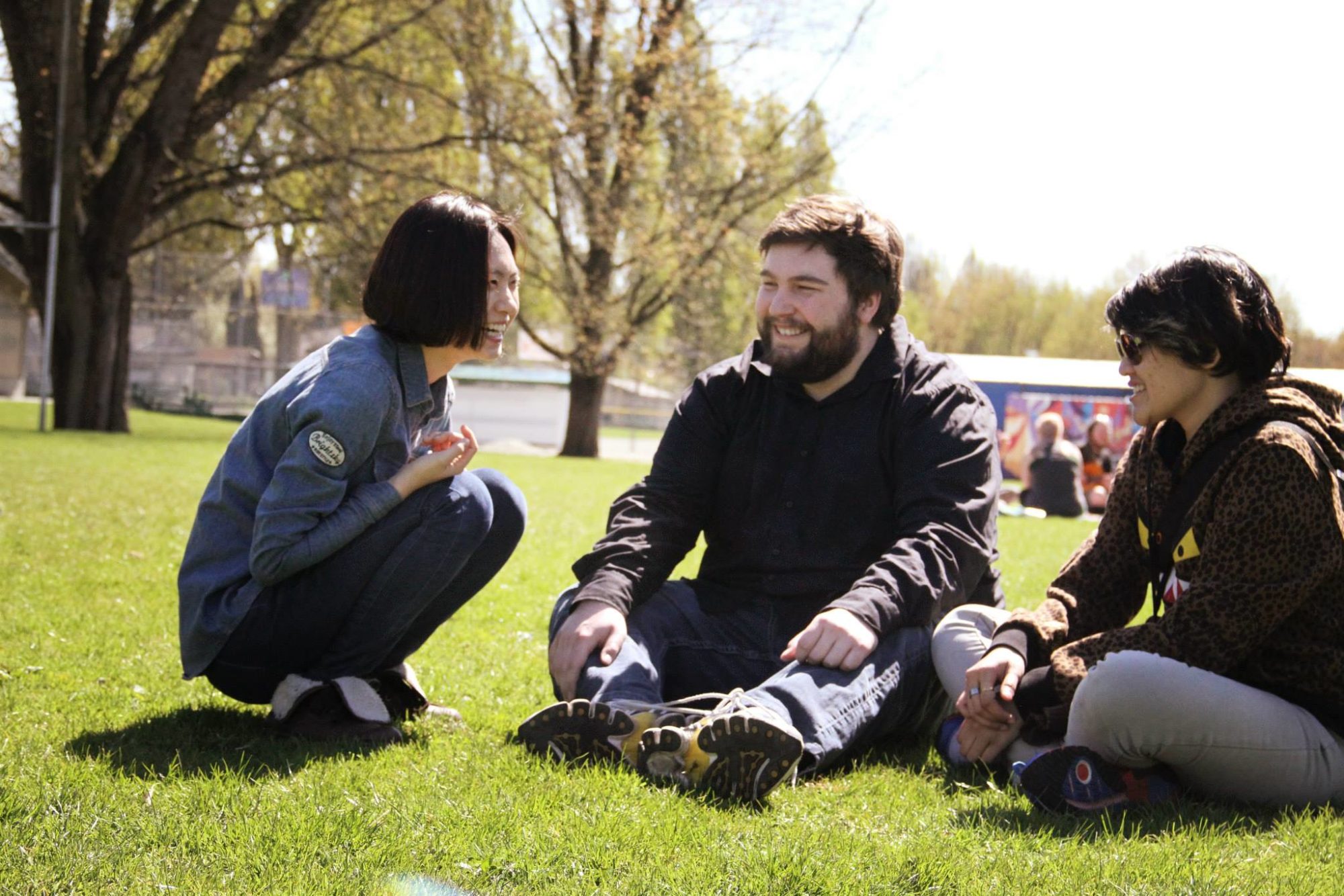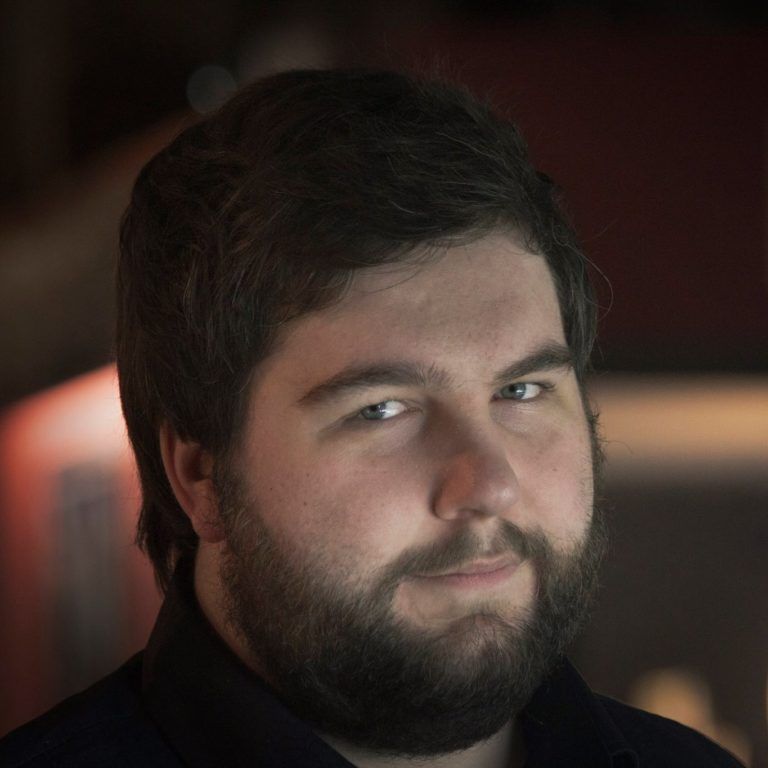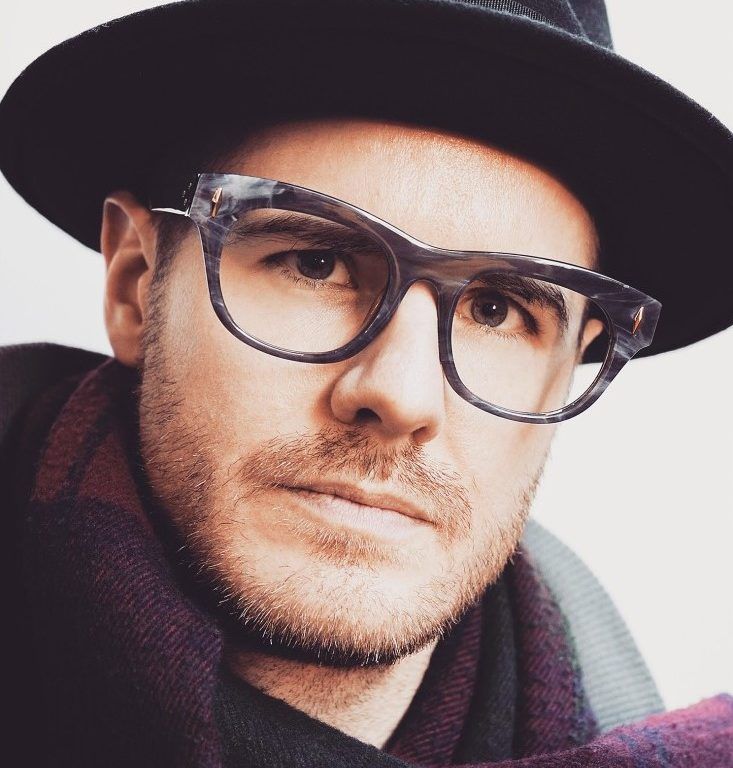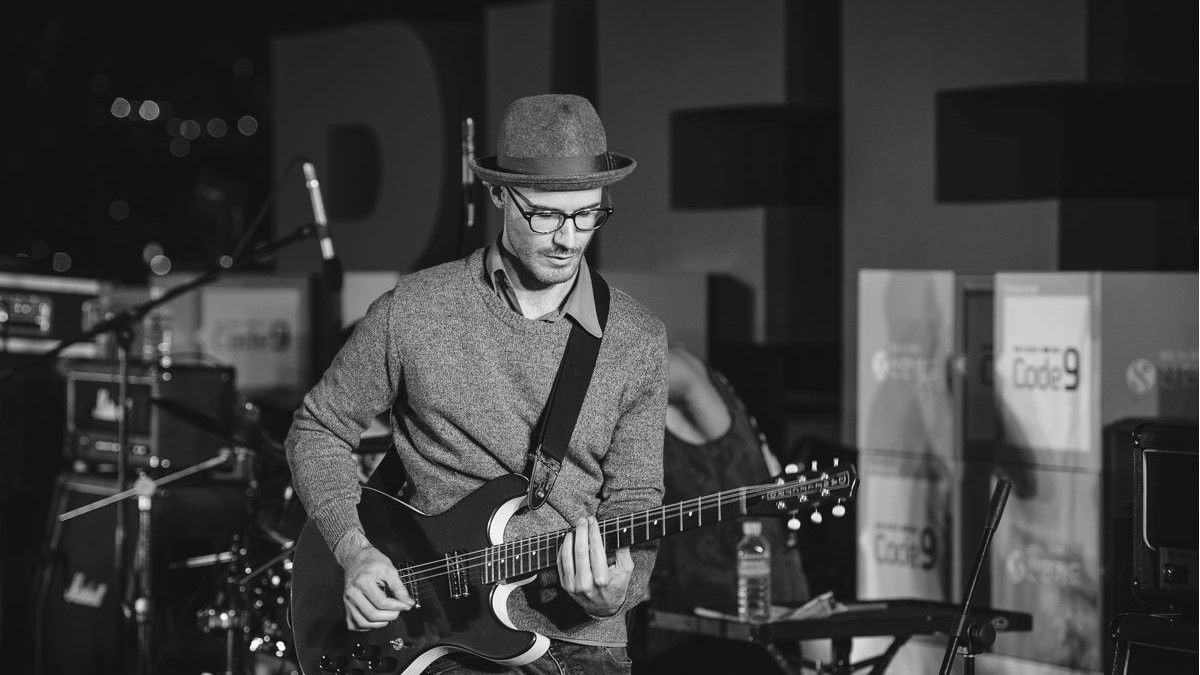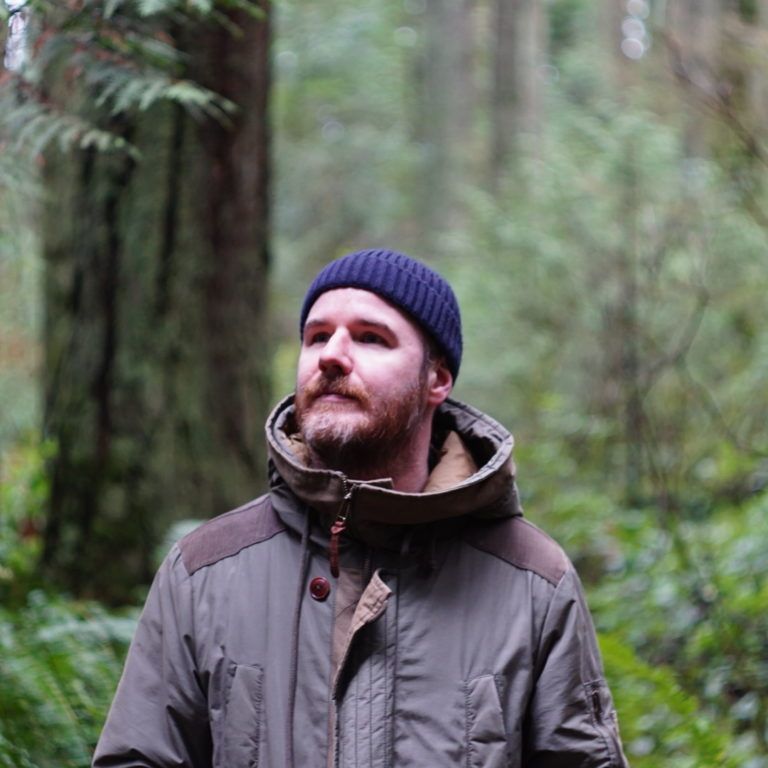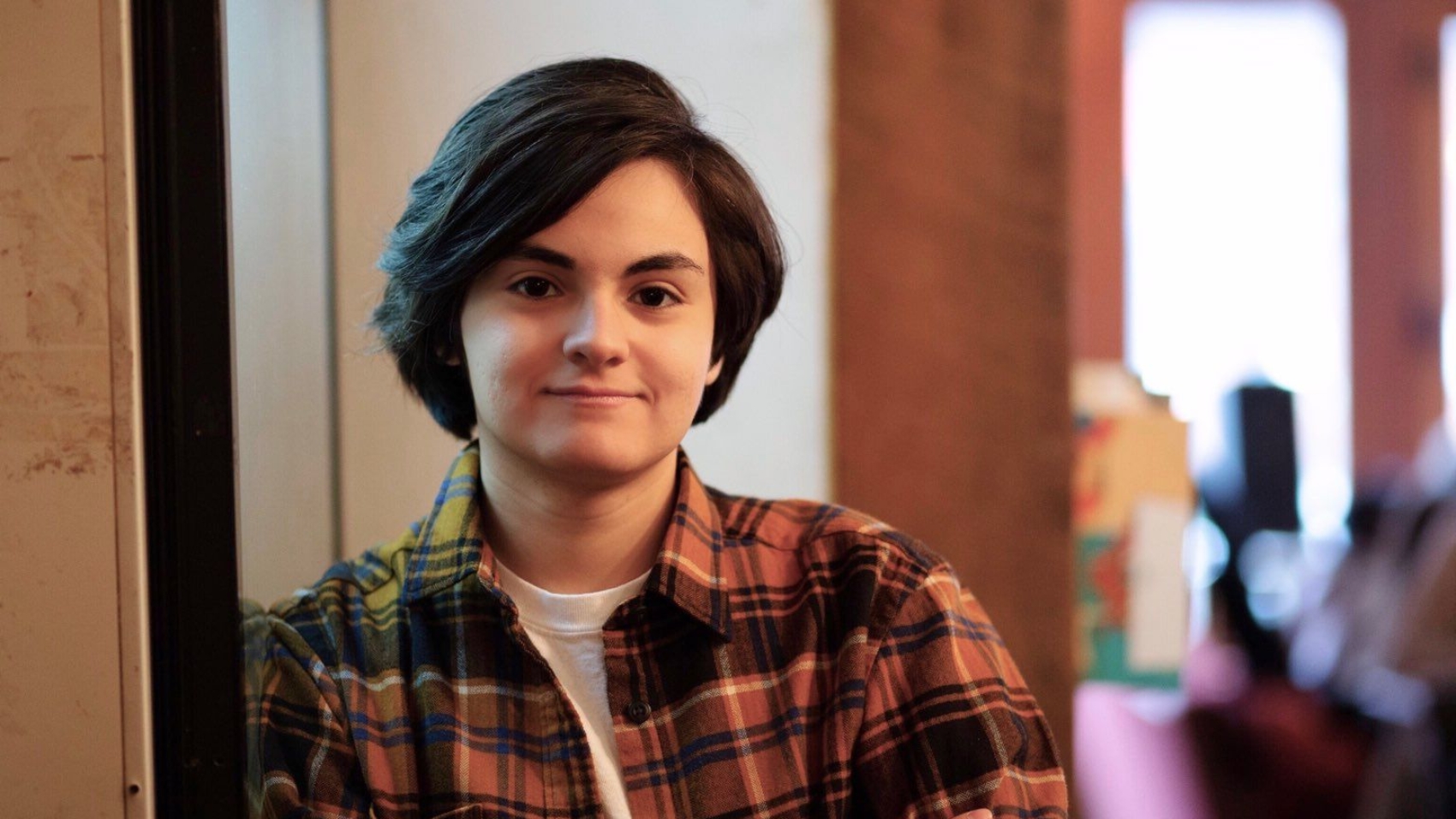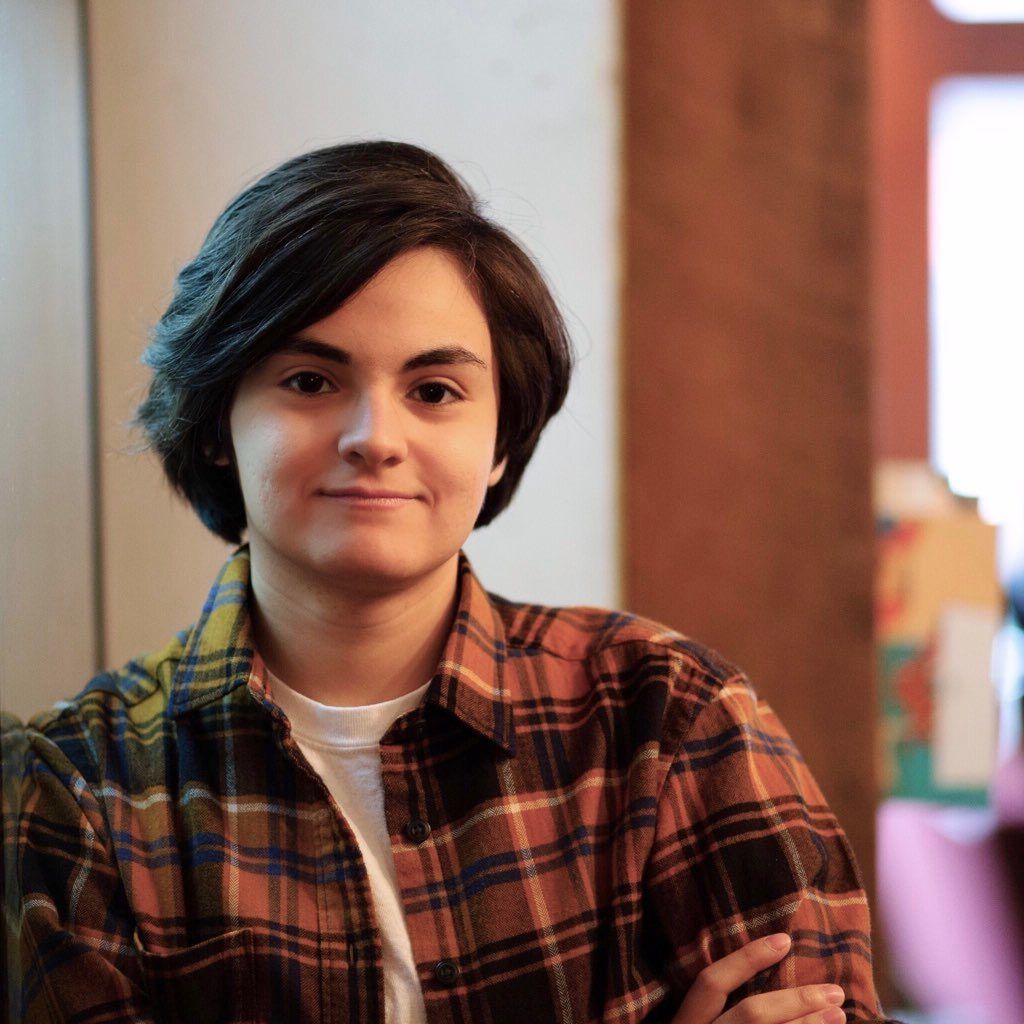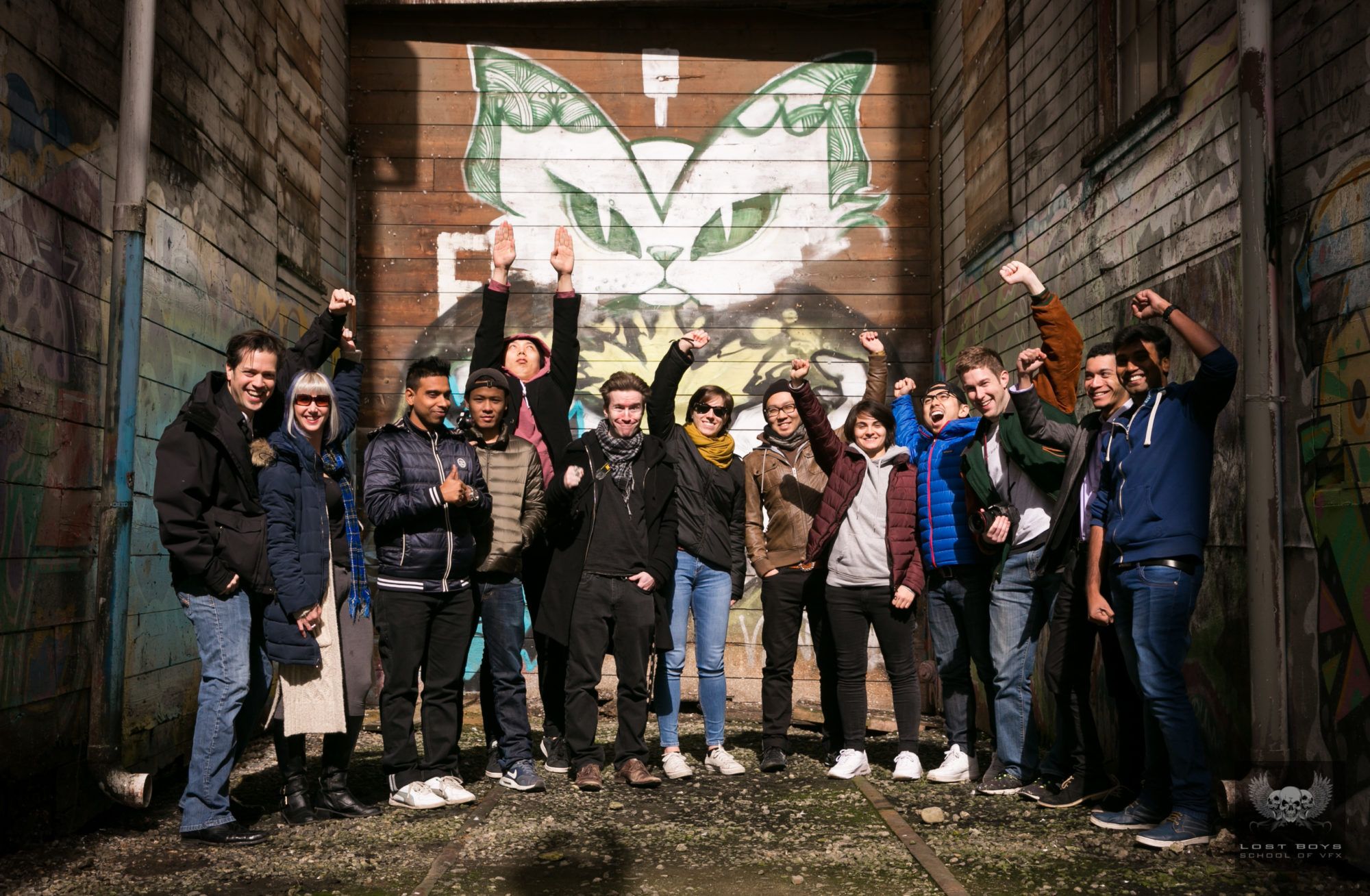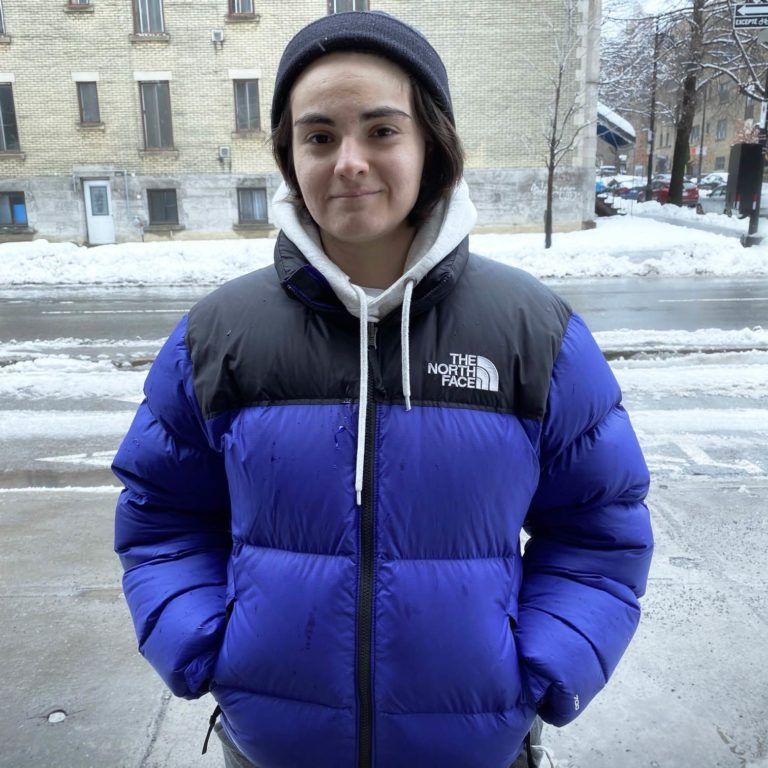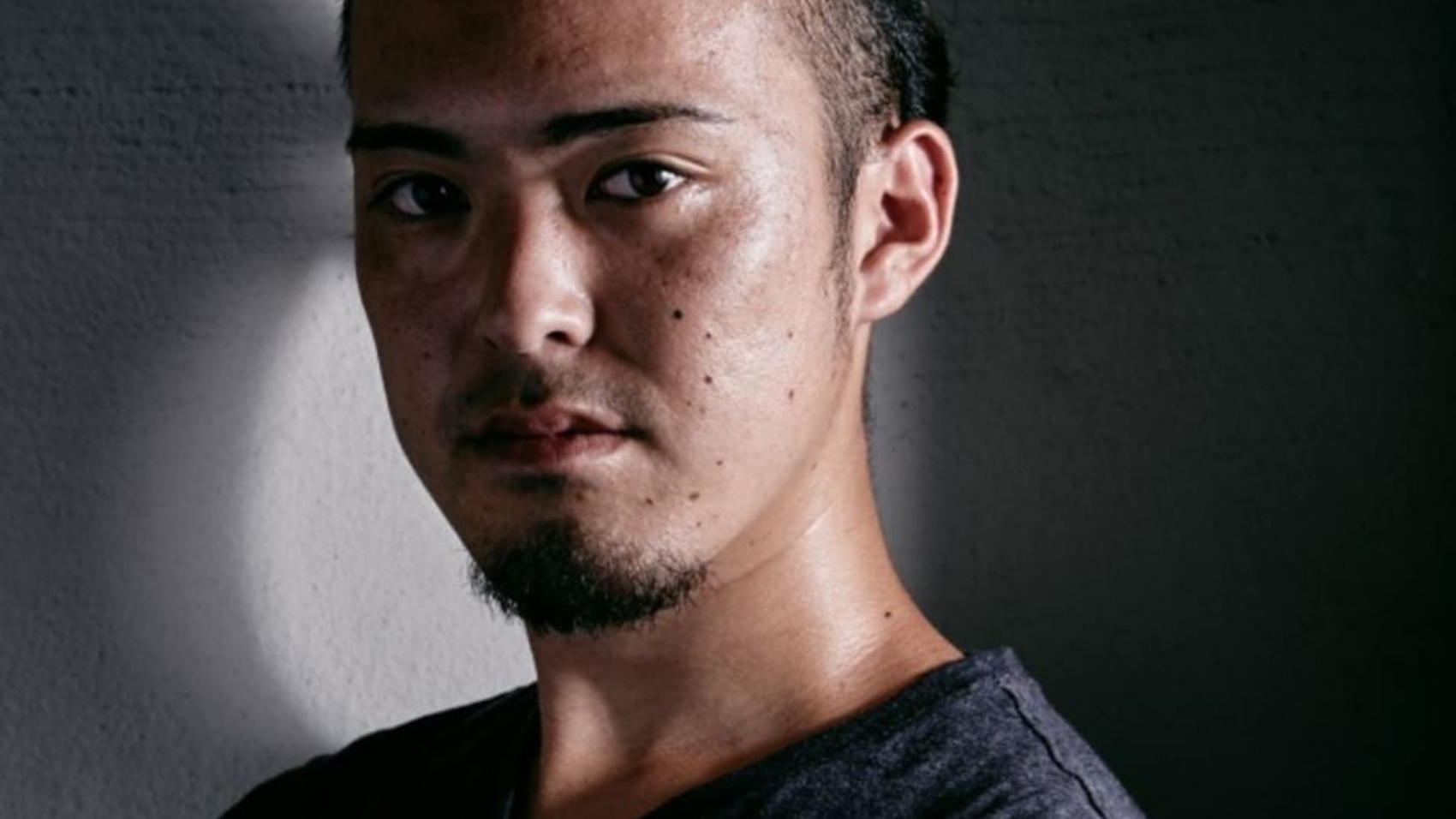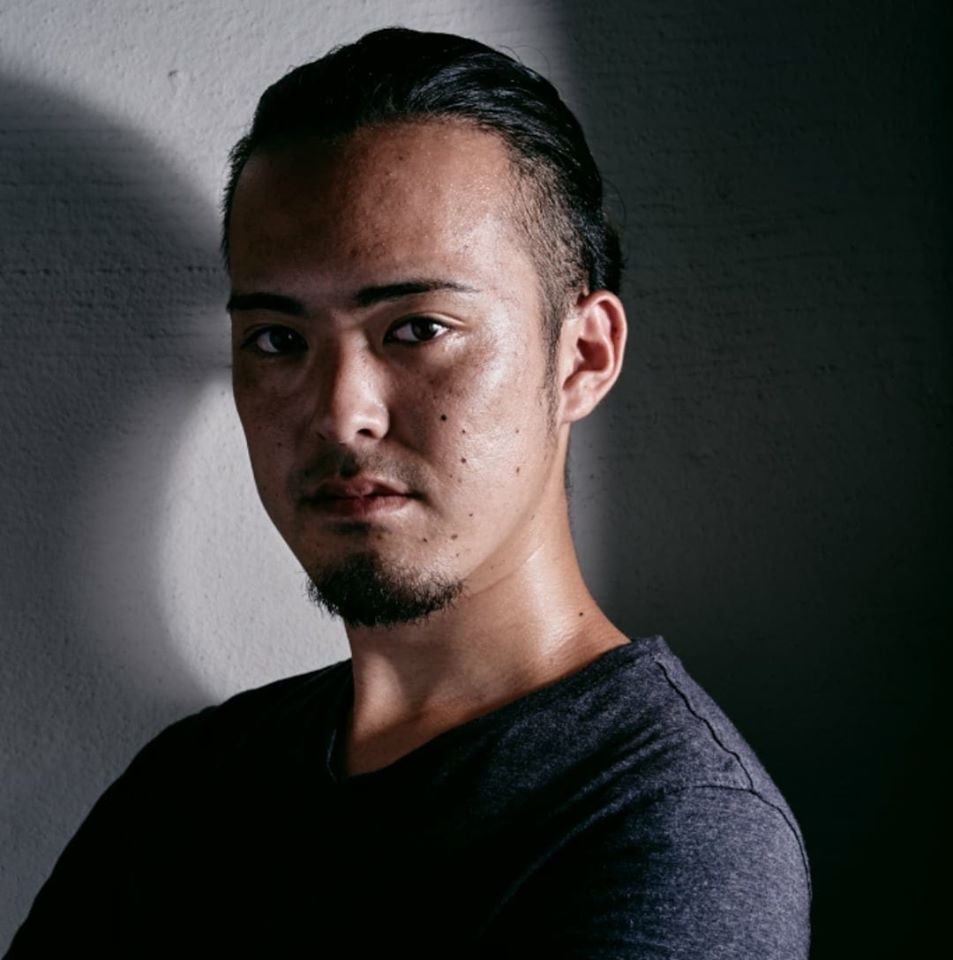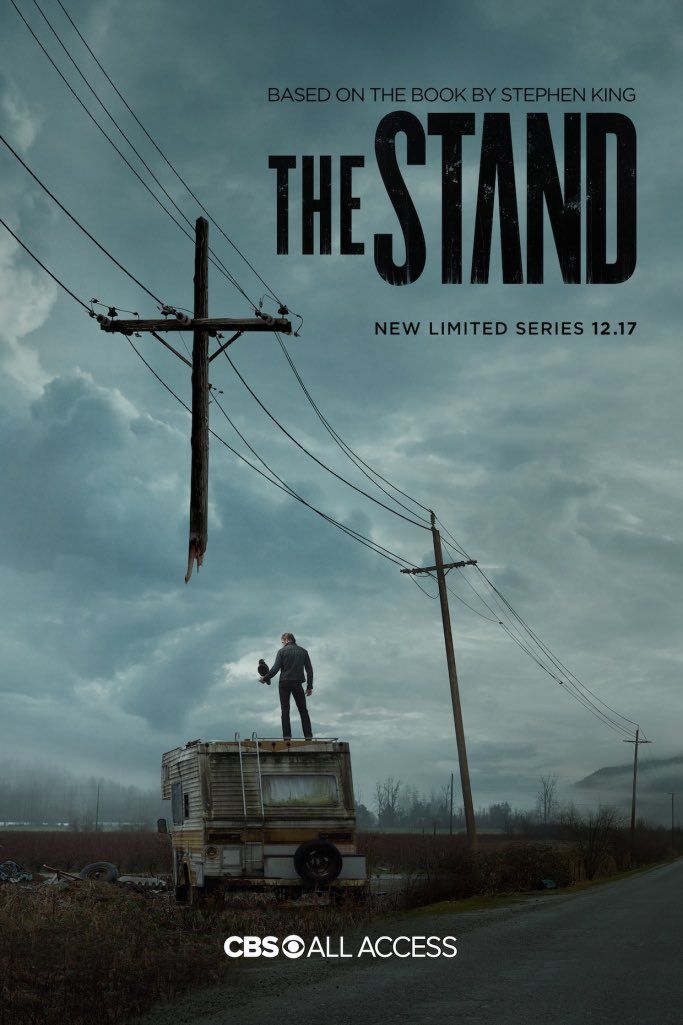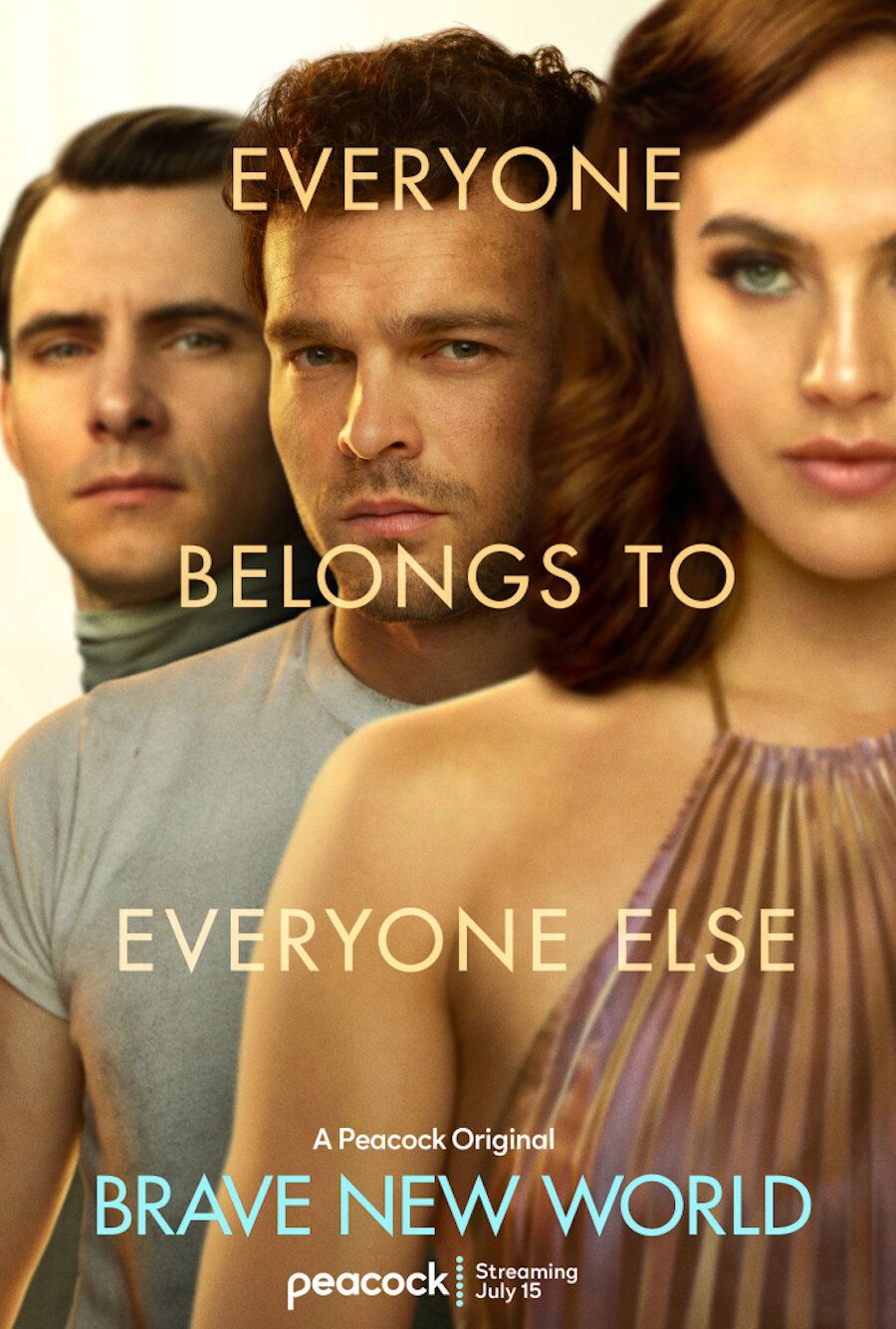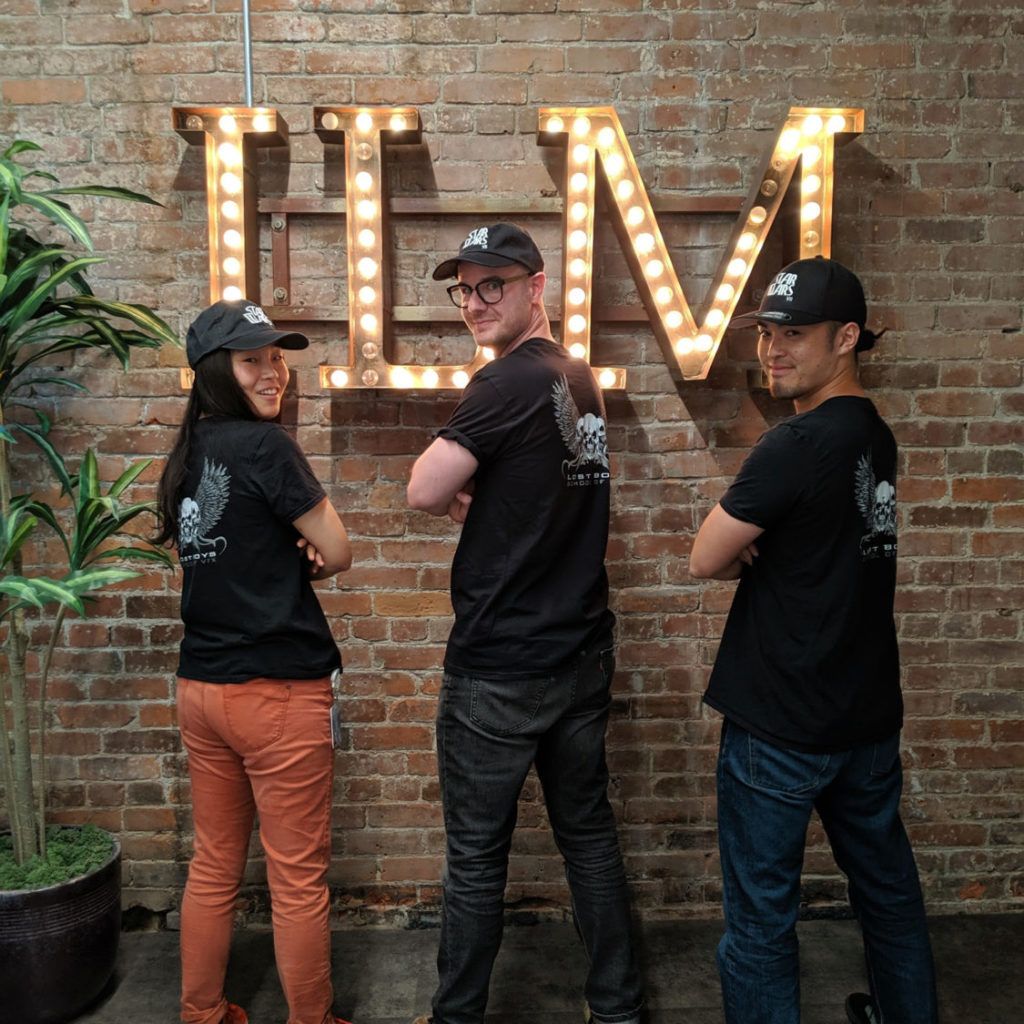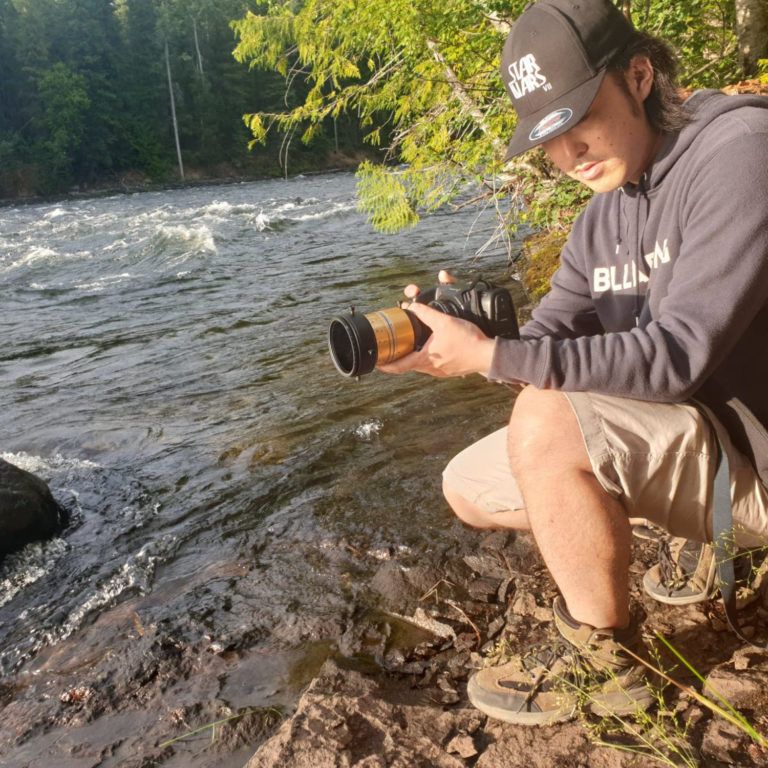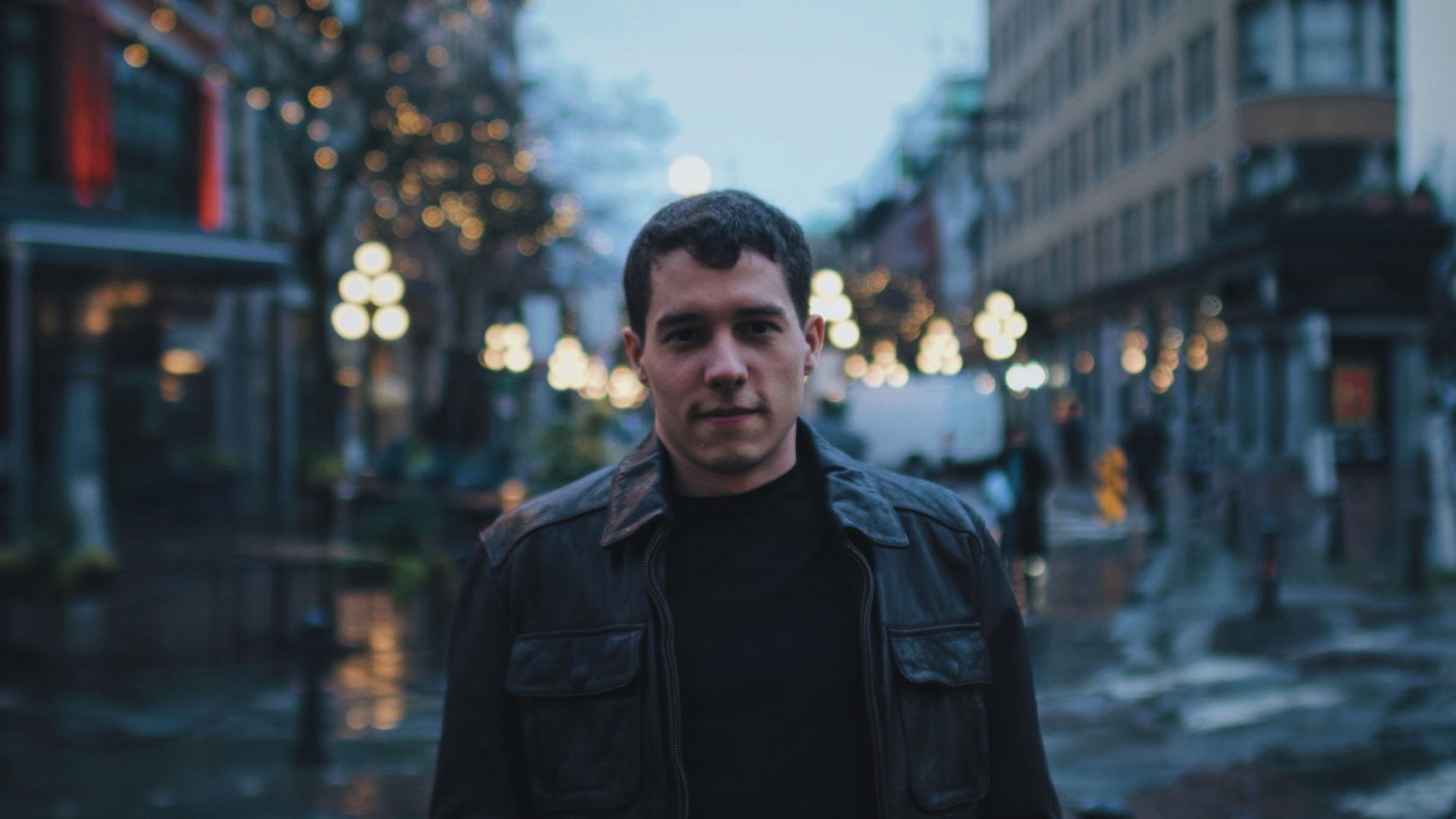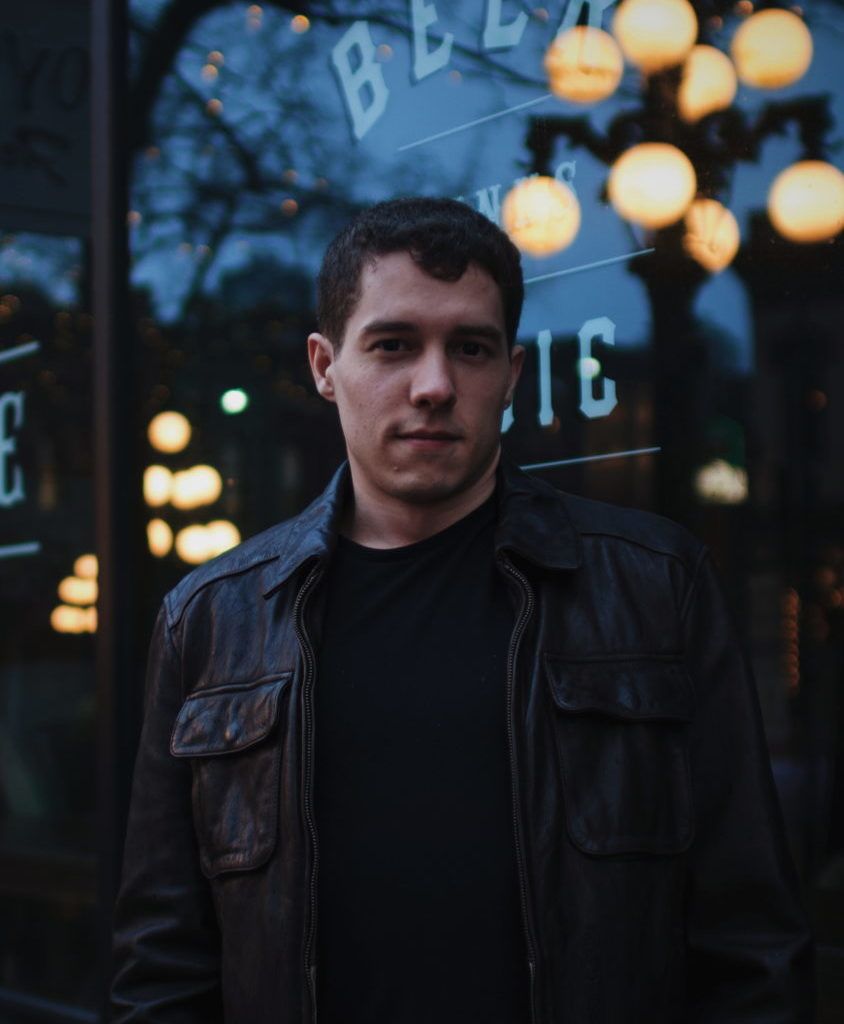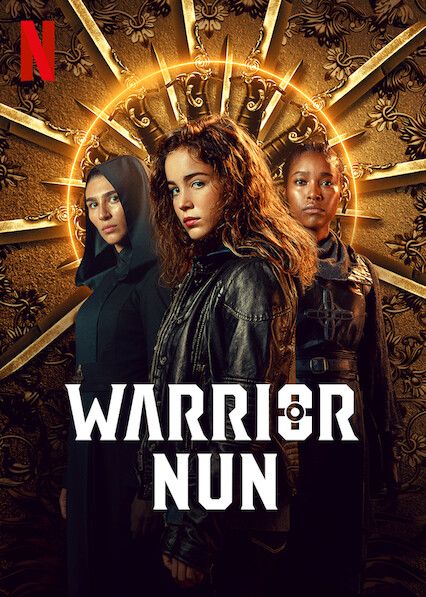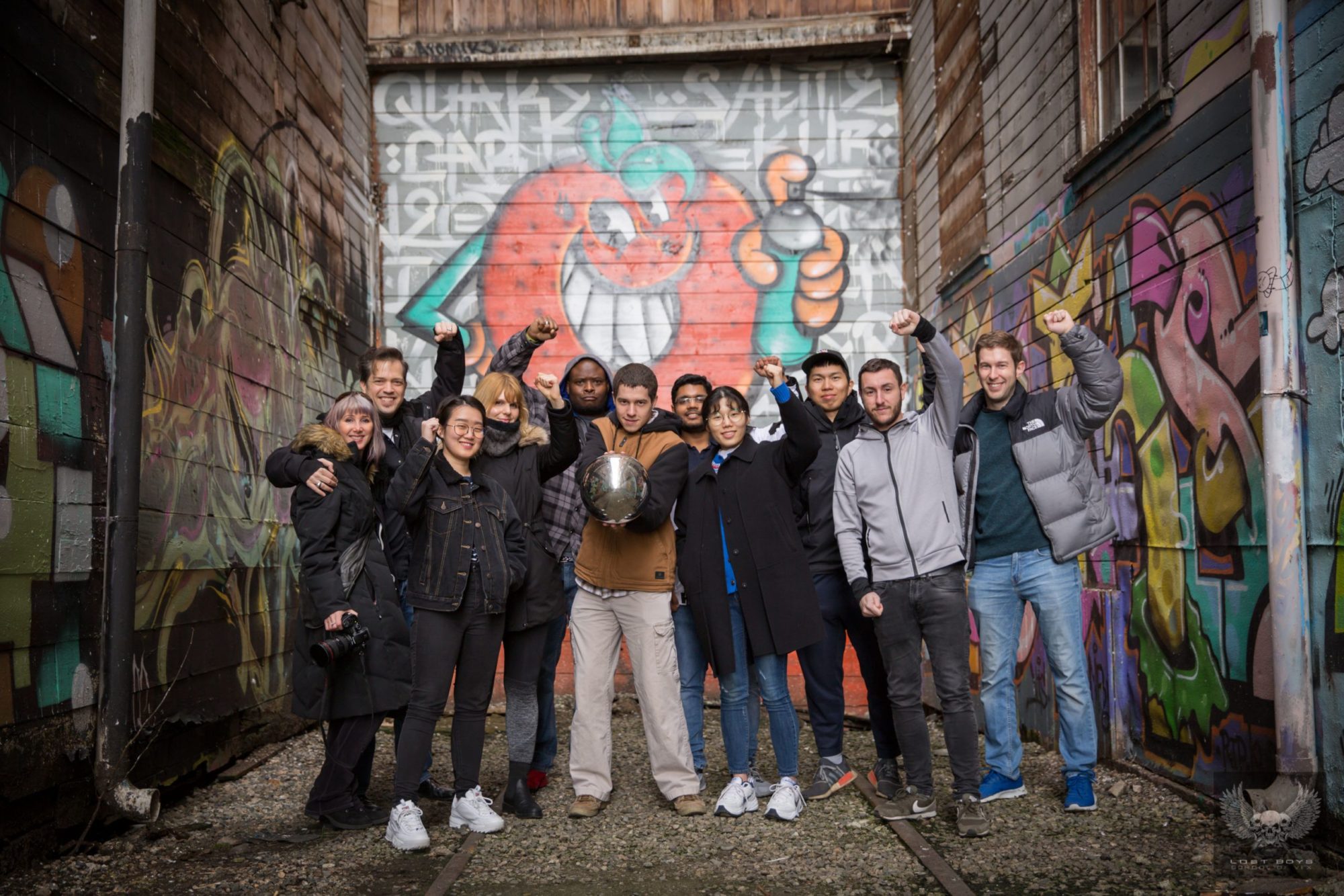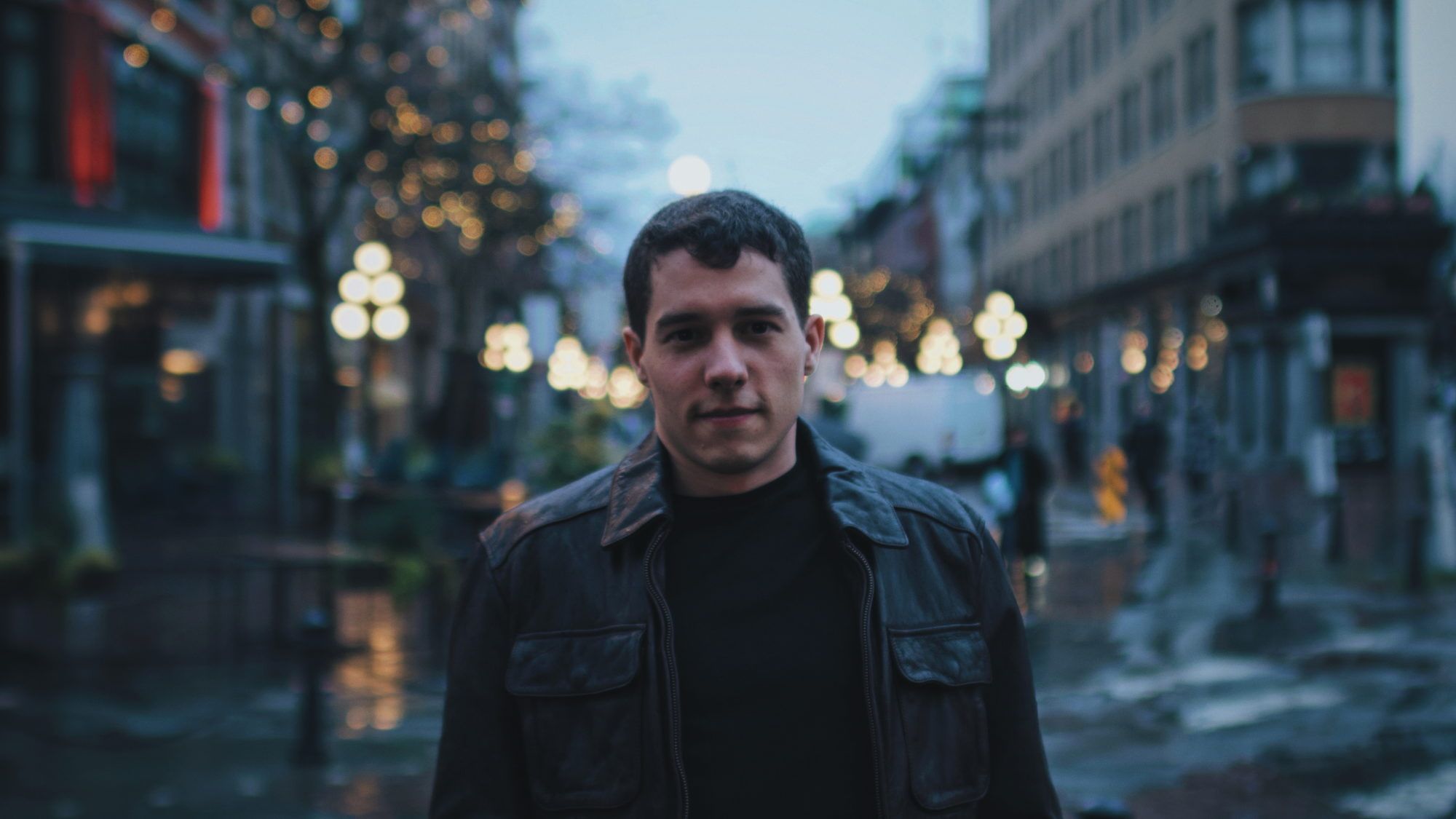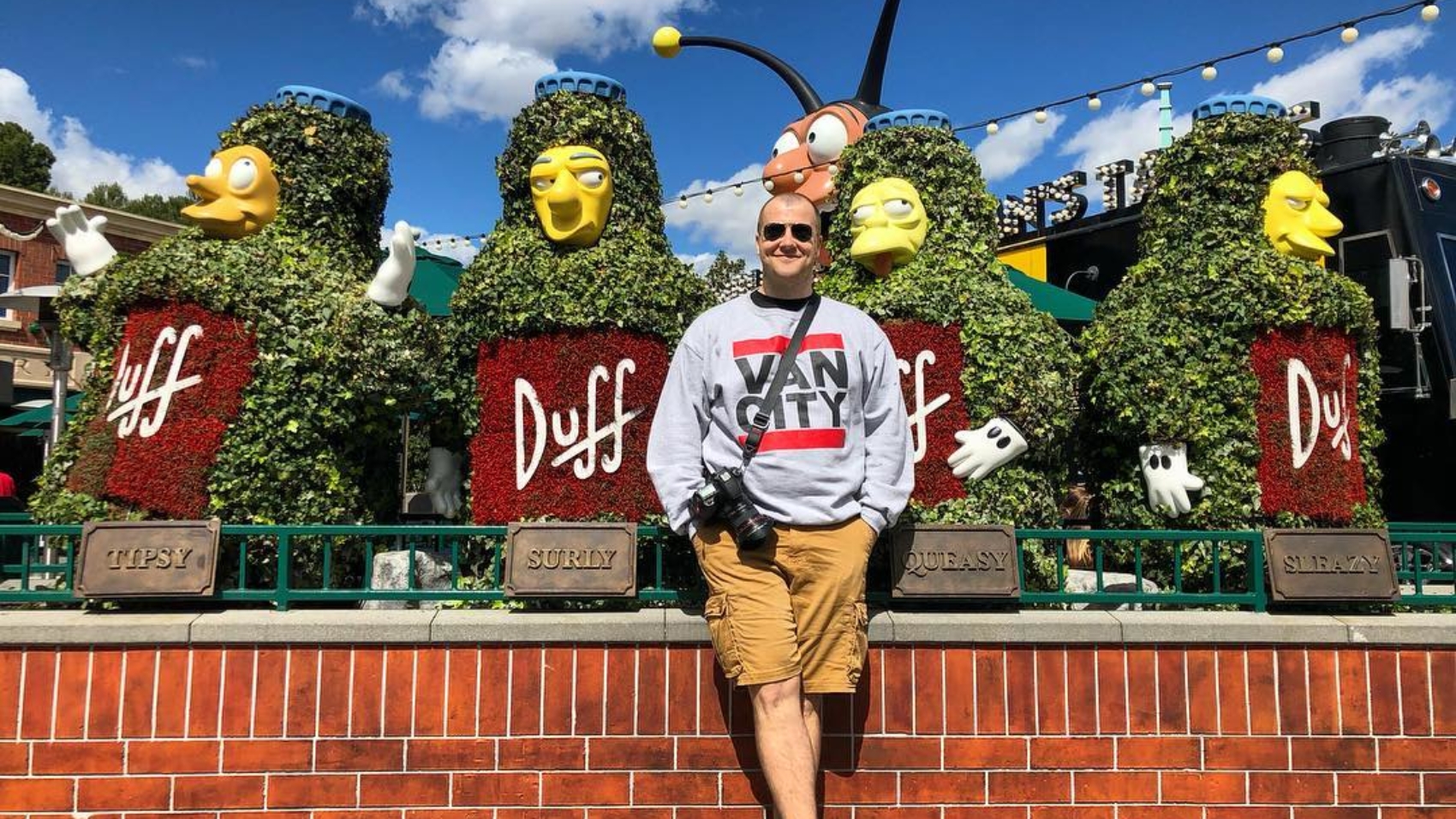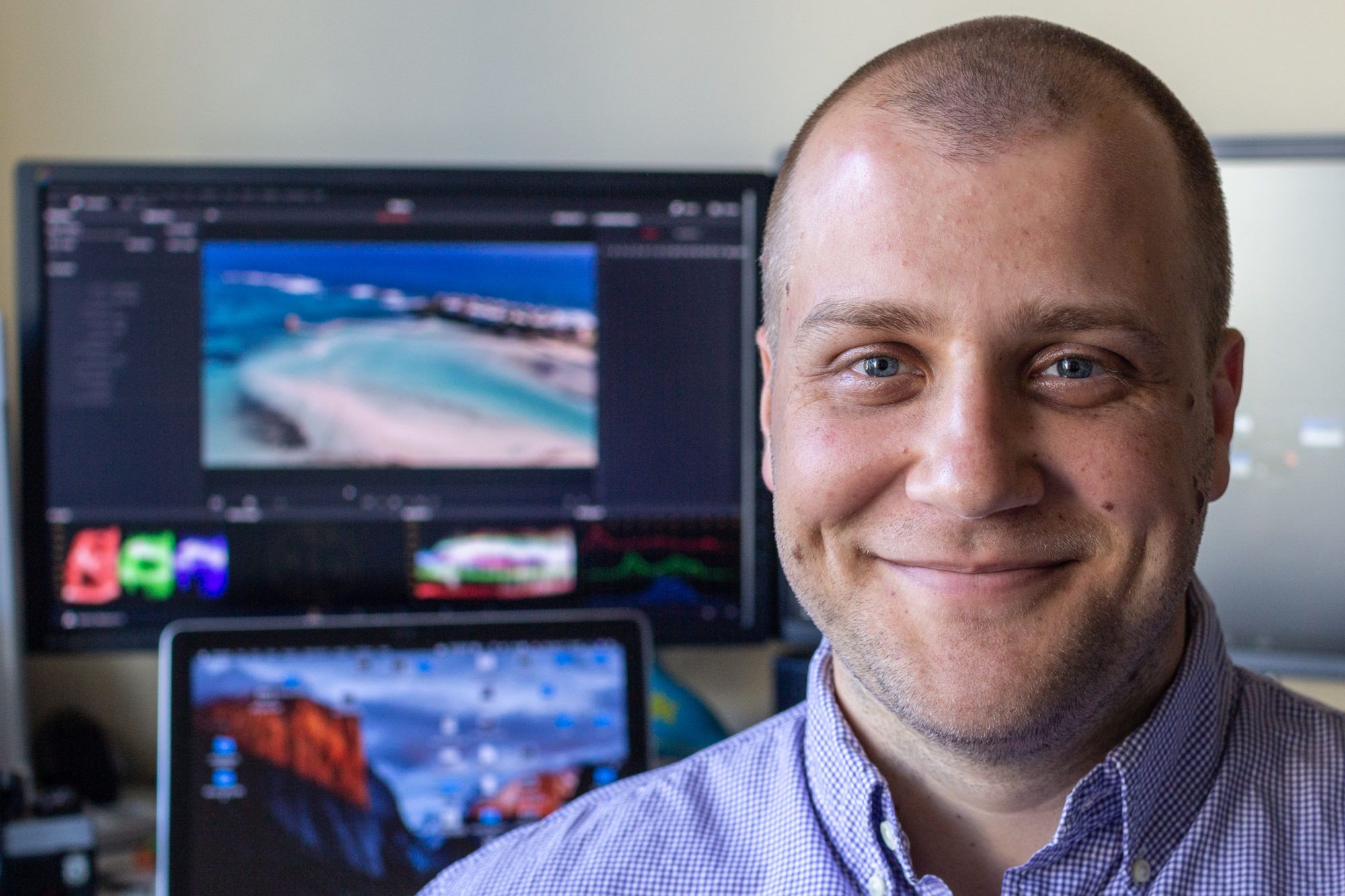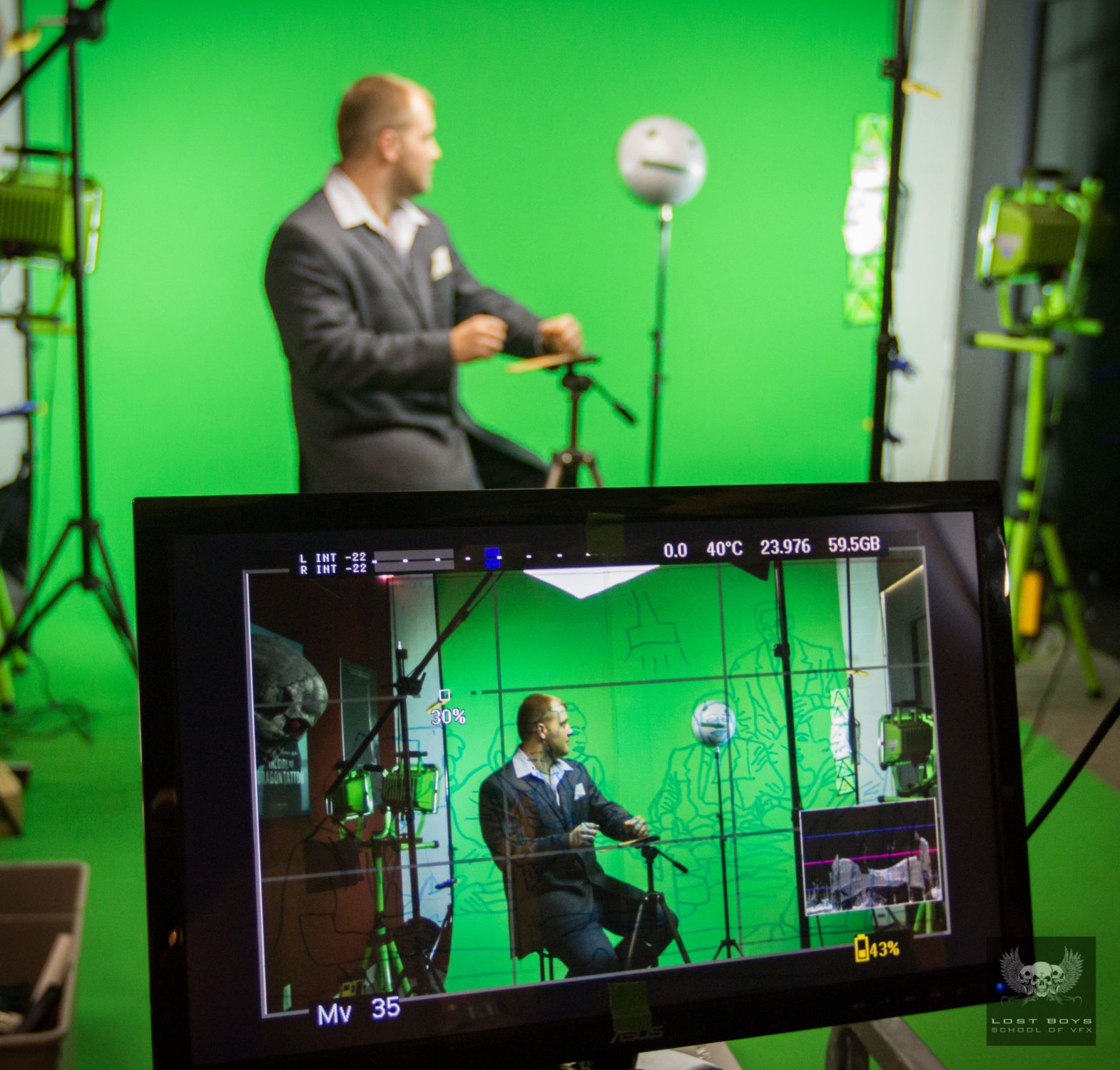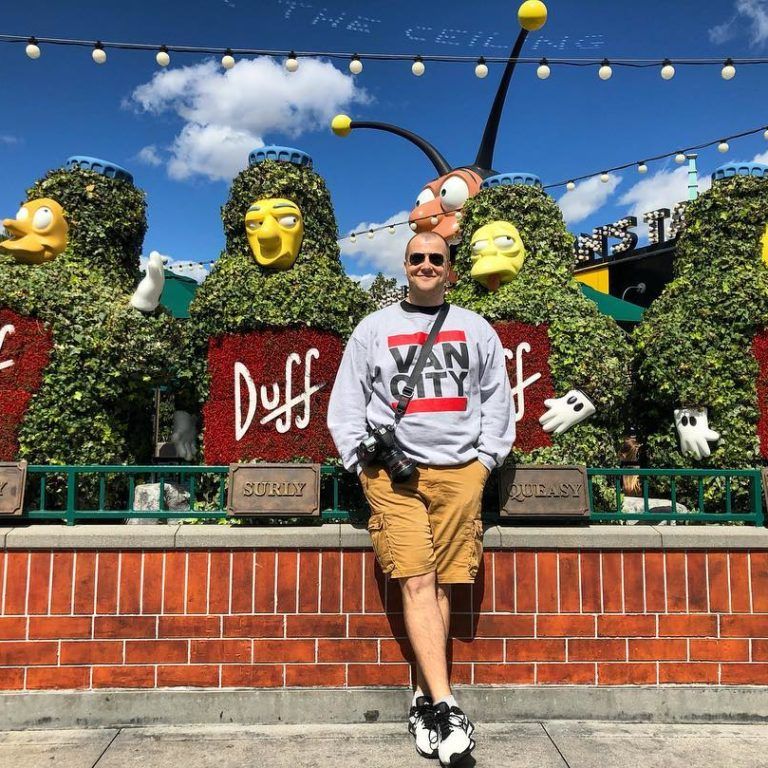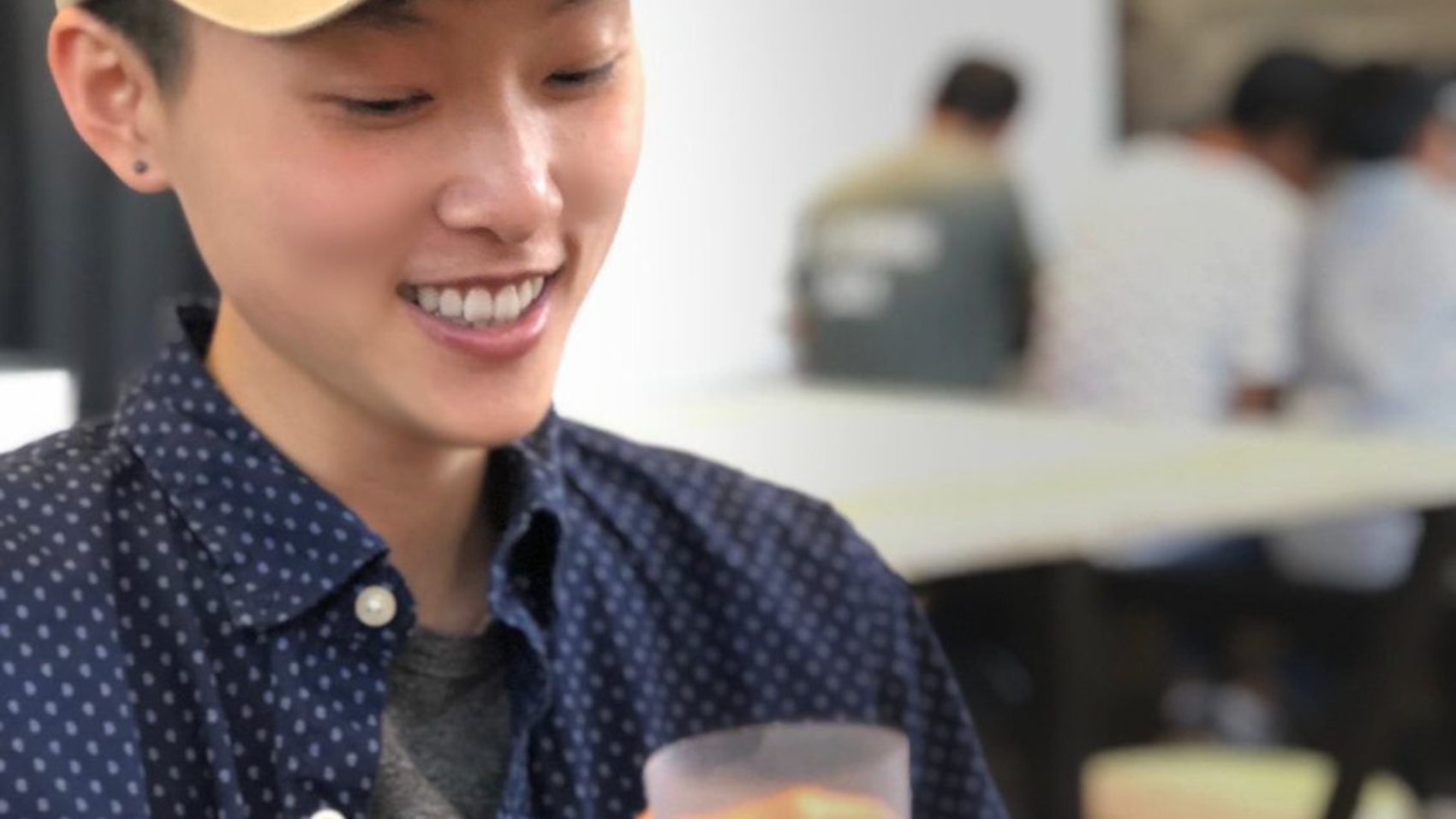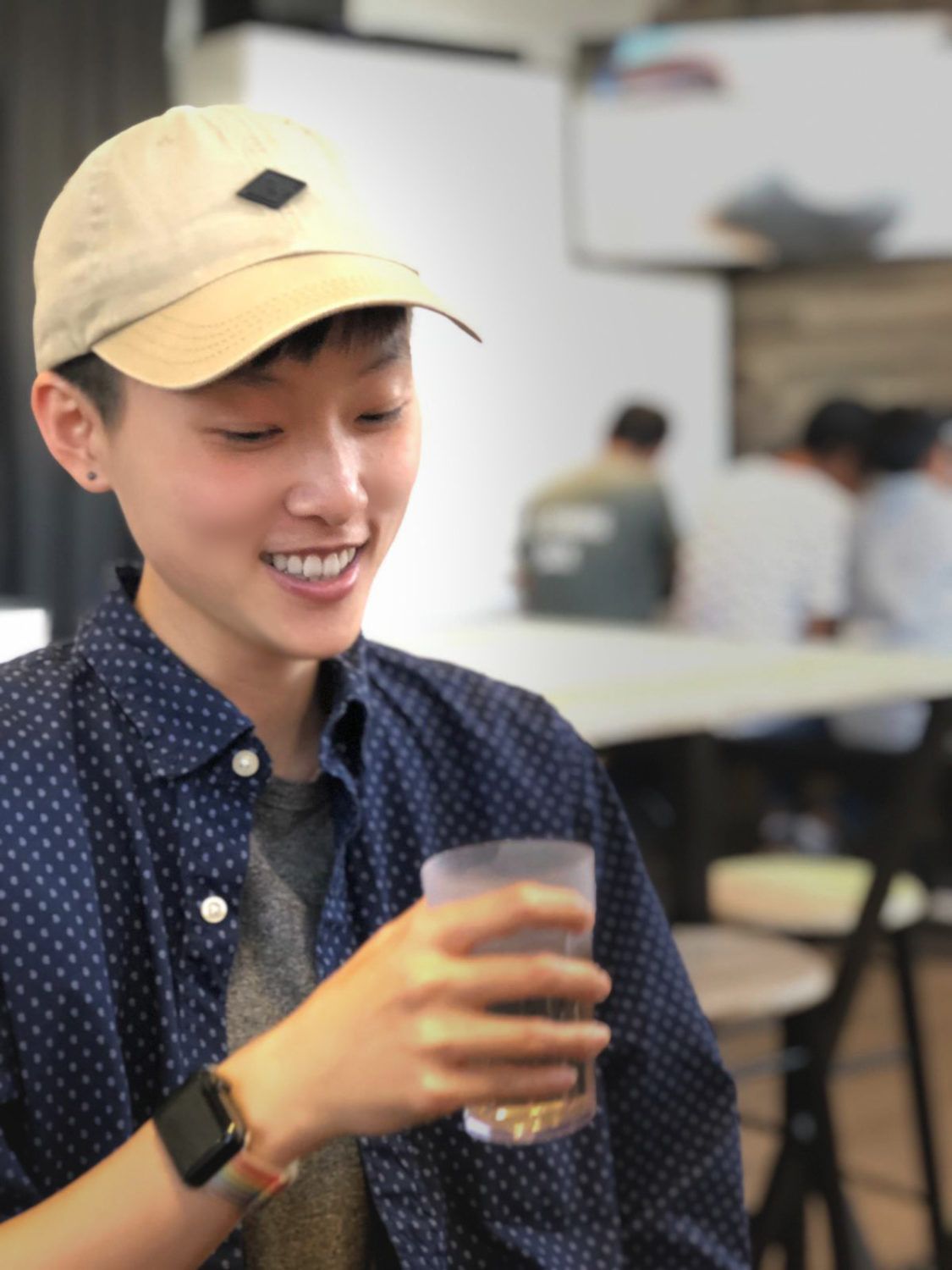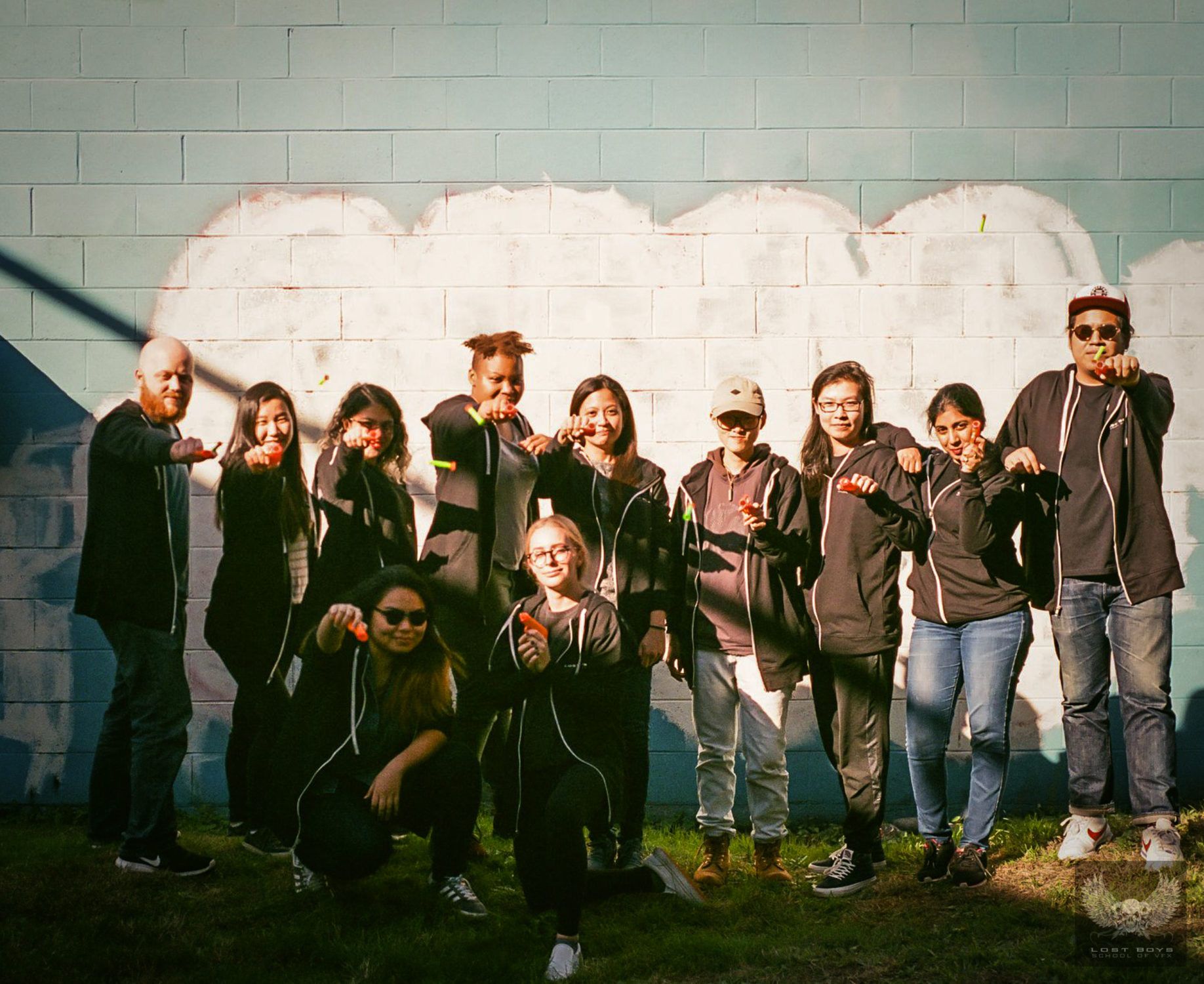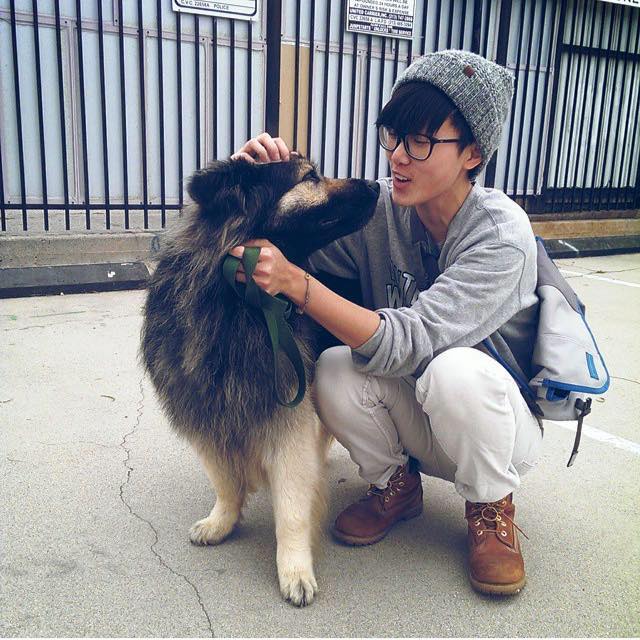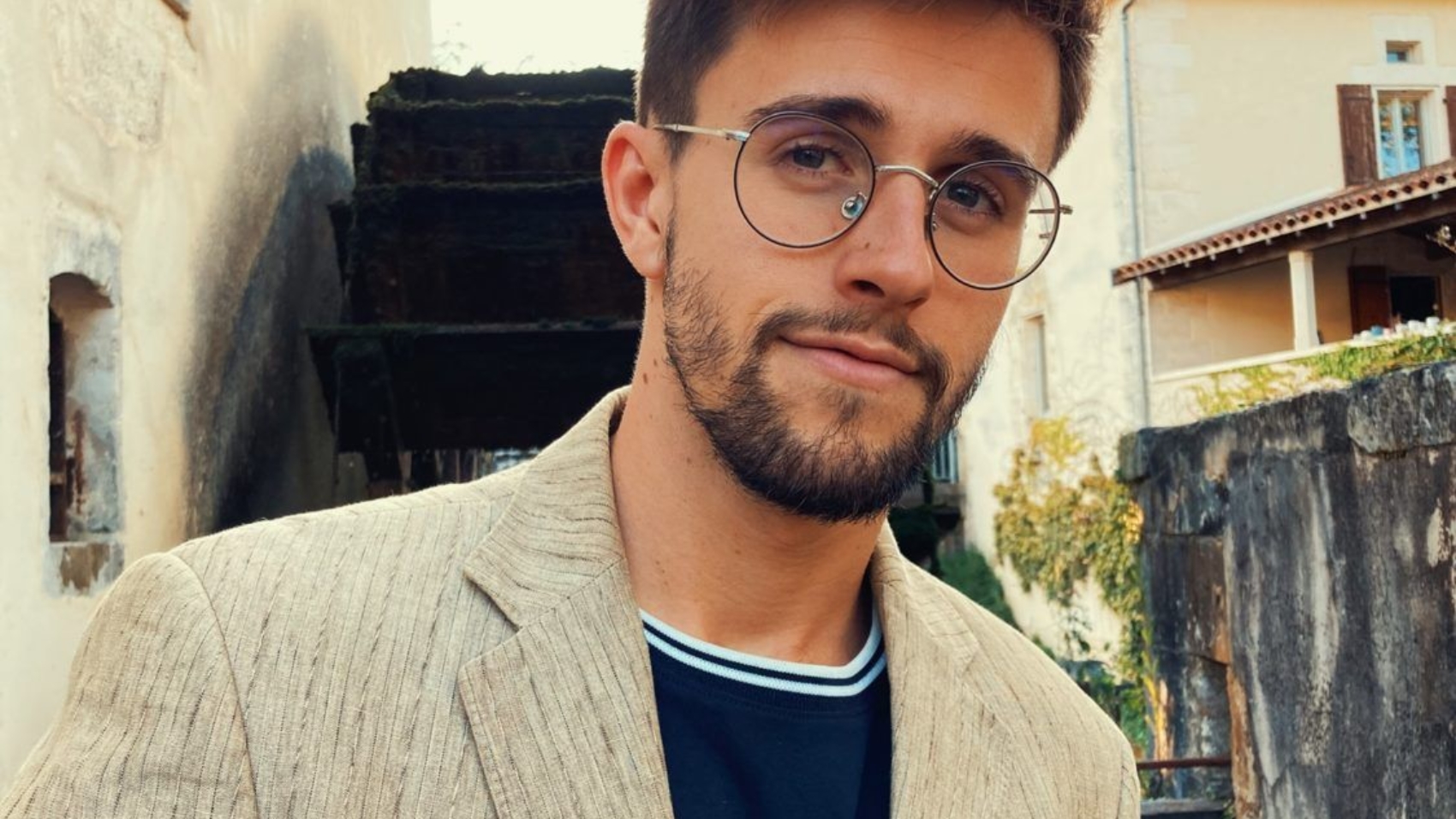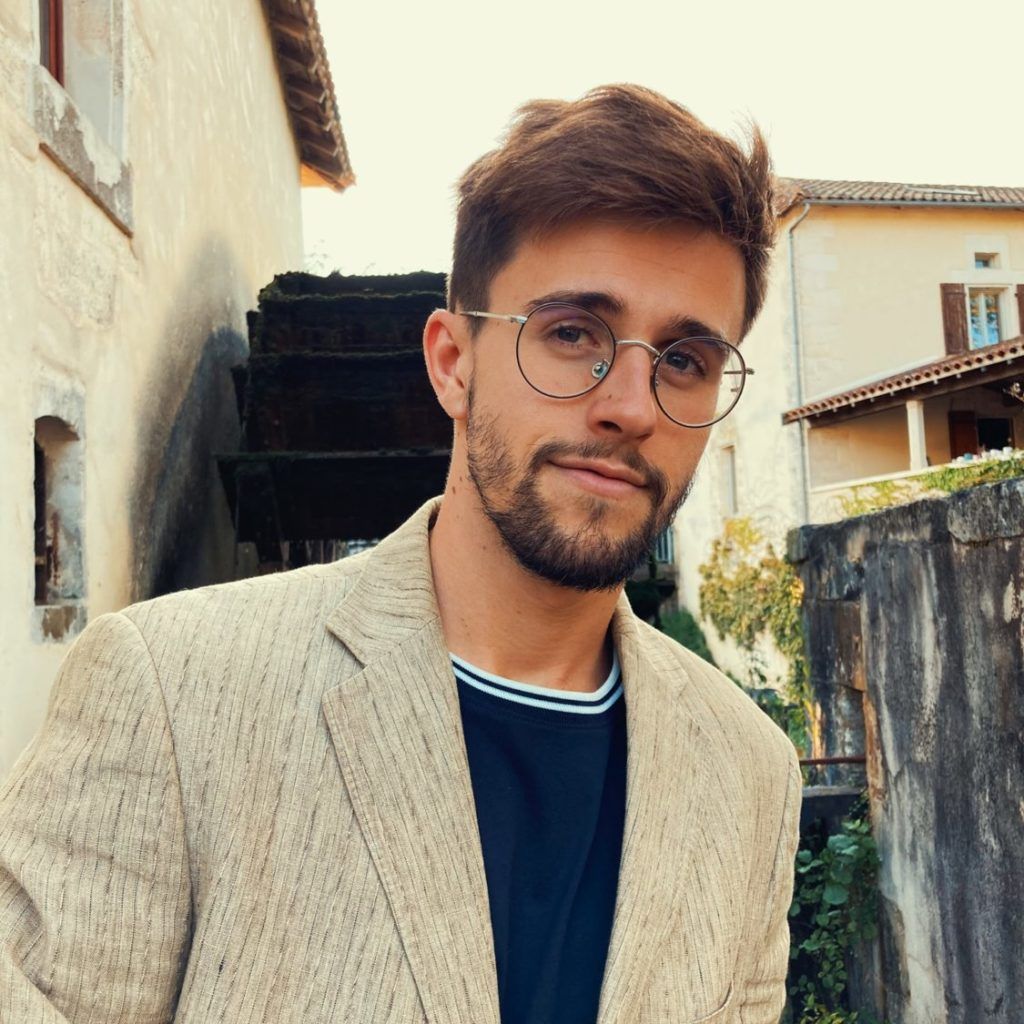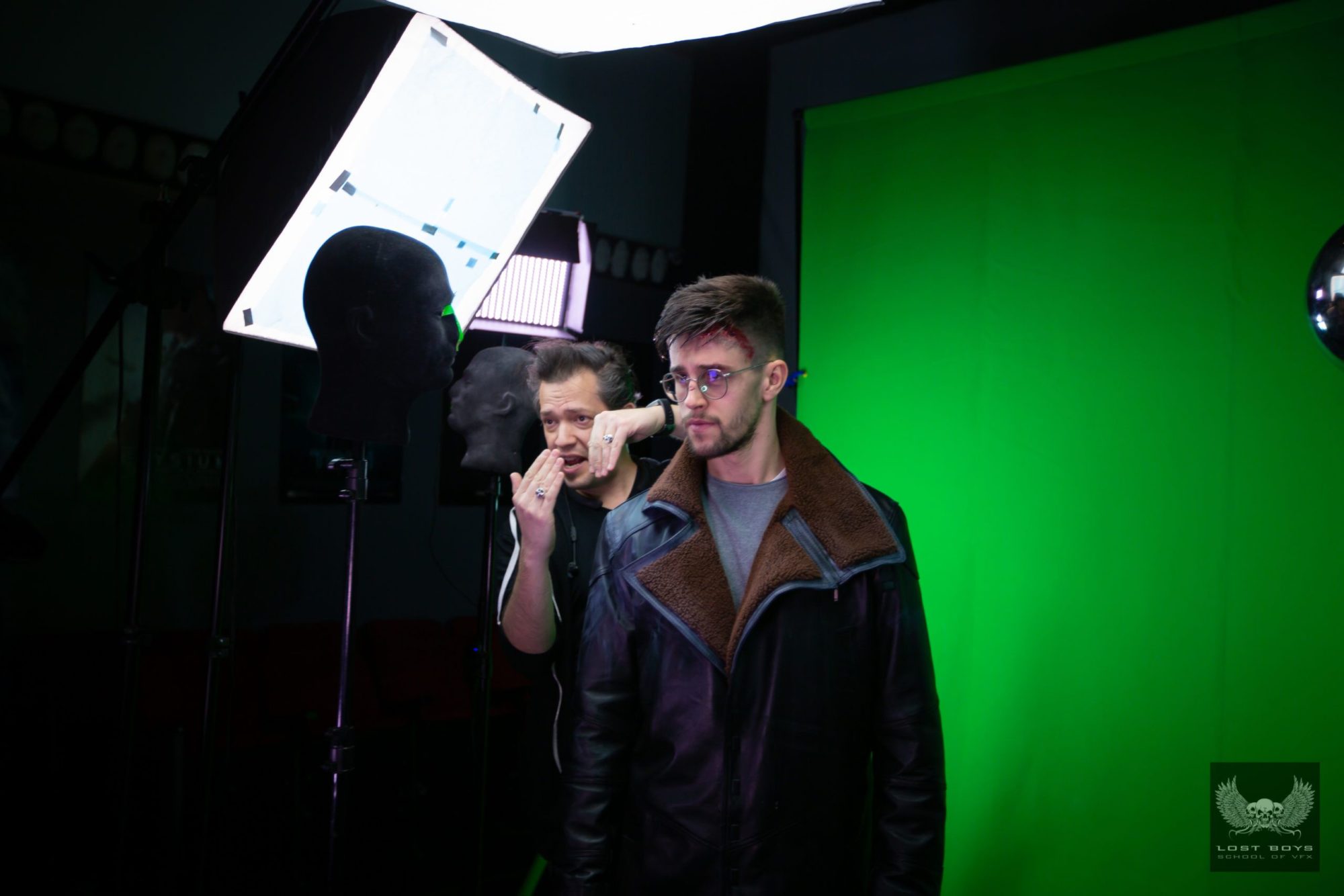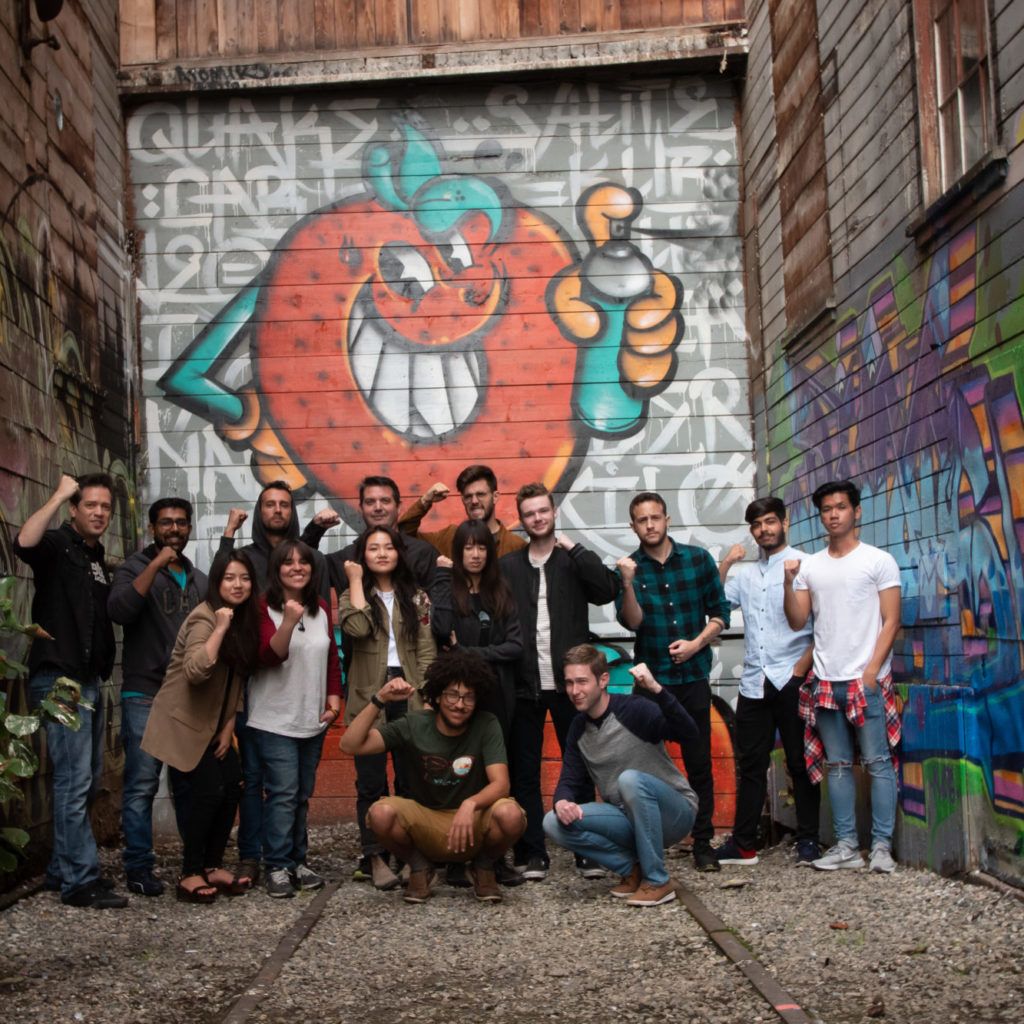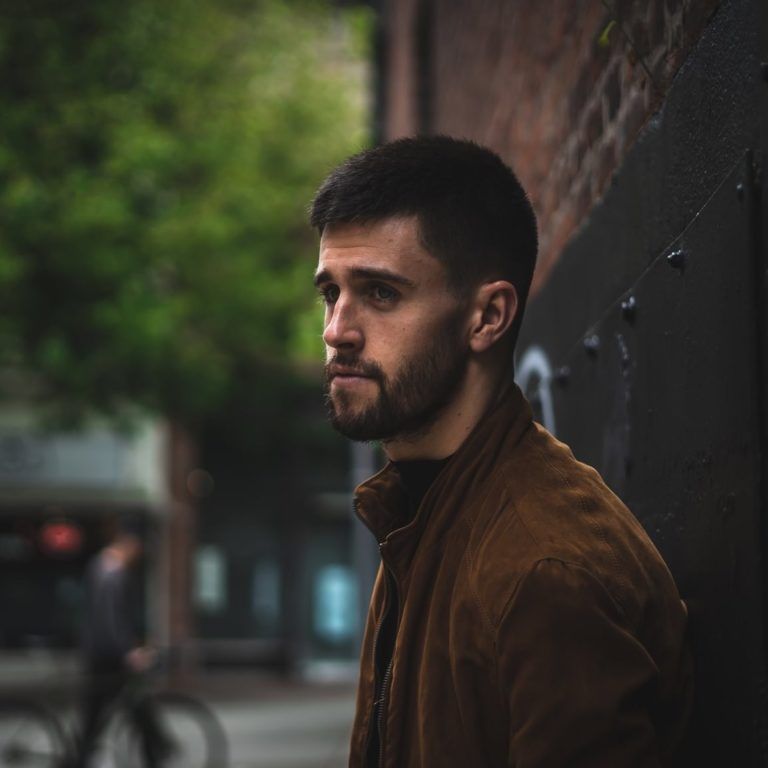Artist Spotlight
David Michan
Compositor | Lost Boys Alumni 2019
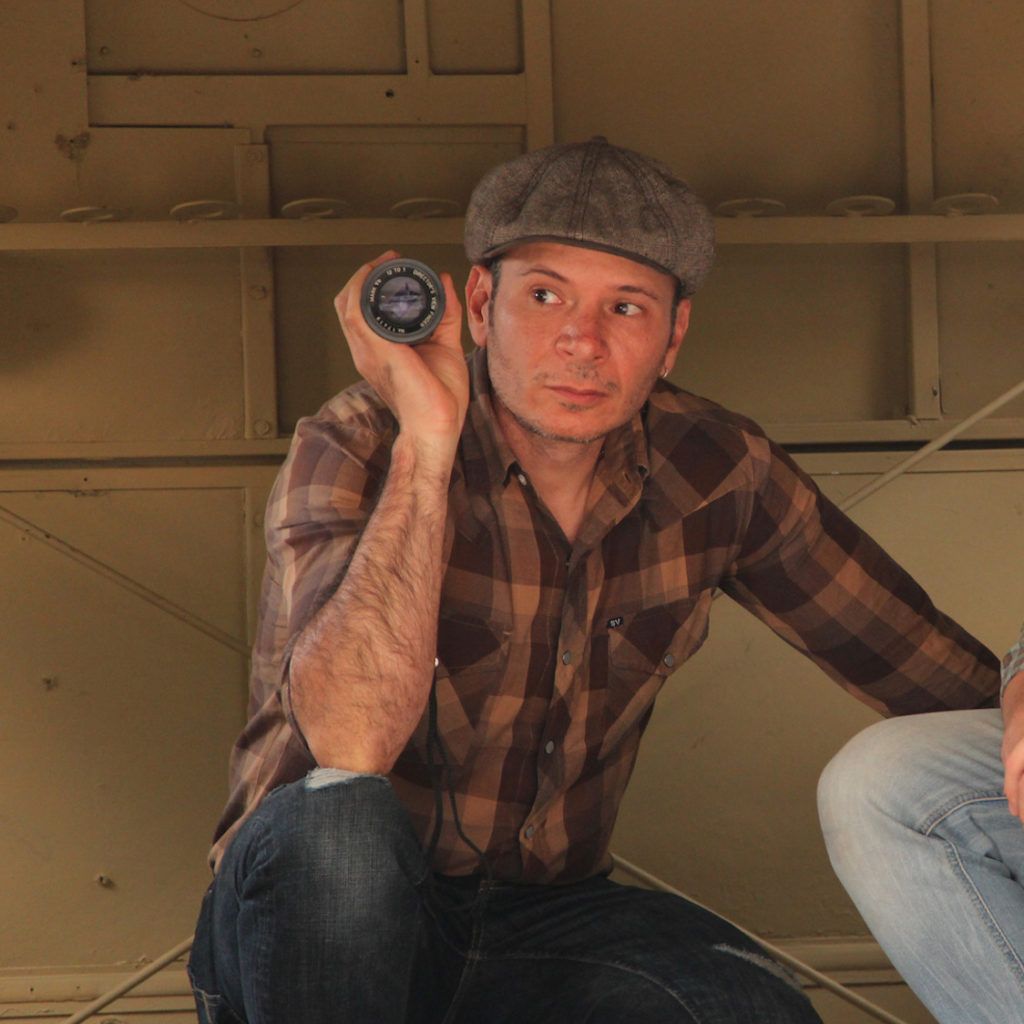
Demo Reel
Credited on:
and more...
anything on the image can be changed and manipulated.
- David Michan
What inspired you to pursue VFX/Compositing?
Before coming to study at LBS, I was directing TV Series for NBC Universal-Telemundo Network, and most of our productions required a certain level of complex shots that went from building big stages to high action scenes. Most of the time, we spent a lot of money building this big scenario and doing all the practical special effects on set, which are sometimes very time-consuming, expensive, and when it fails, you have to do it again.
So after digging in and doing some research about “invisible VFX,” I got blown away by all the movies and series that would be used to achieve awe-inspiring shots. Obviously, I knew about VFX, but I mainly thought it was used only in Sci-Fi and Super Hero movies. Still, when I saw that famous Mexican directors like Alfonso Cuaron and Iñarittu used much VFX for the most acclaimed movies and that audiences couldn’t notice that it was done with VFX, that’s when I realized that I needed to upgrade my skills and specialize in the VFX world because that’s the future of filmmaking.
What was the scariest or most challenging part of learning Compositing?
Trying to learn to do full-body roto. I have a BA in Communication Science and Film Directing which have a very free thinking and unstructured methods. In VFX Compositing you have to be very organized, structured, and creative to conquer the solution. So changing your way of thinking was not that easy for me.
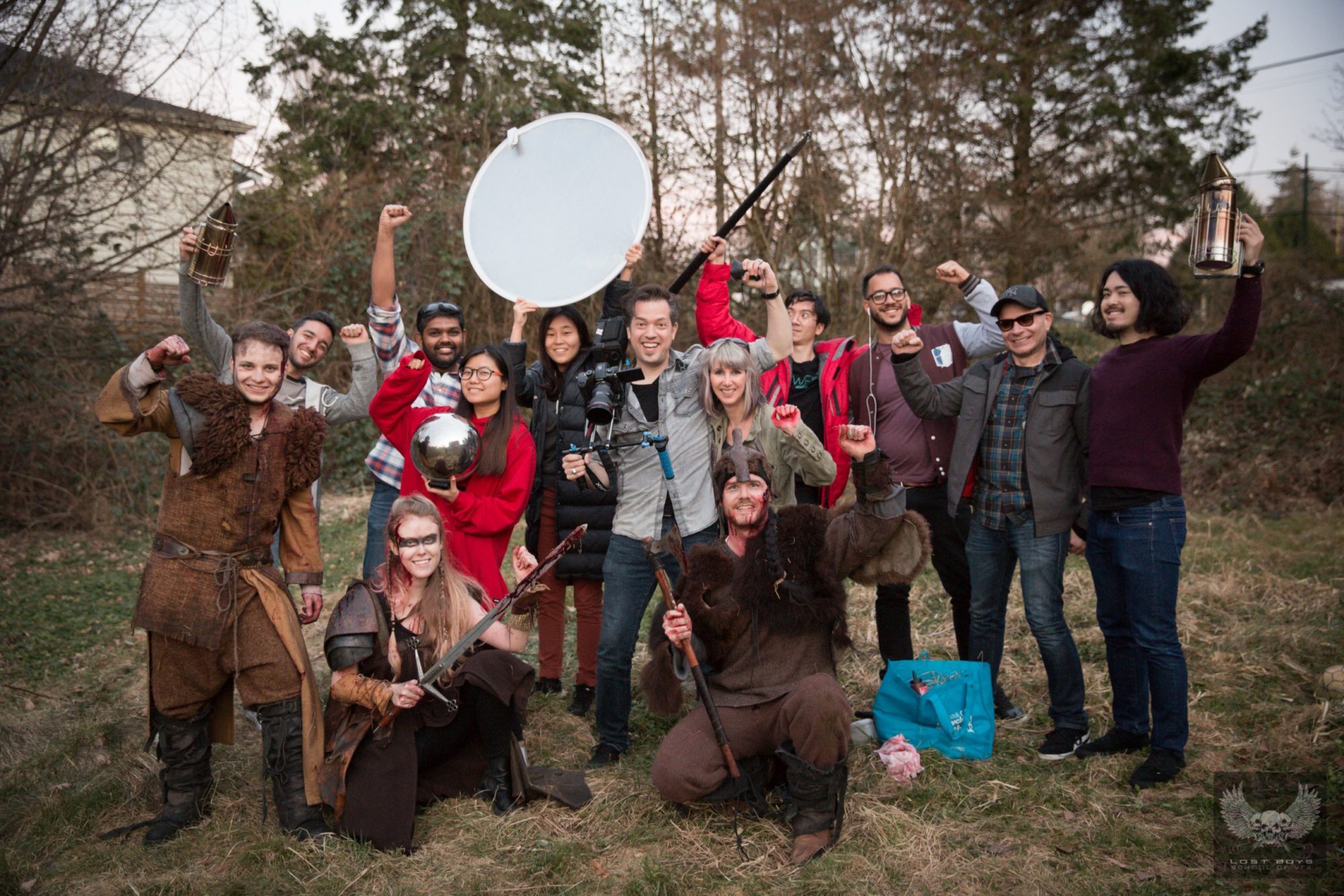
What was unique about your experience with Lost Boys in comparison to your previous education?
A unique experience was making friends with people from all continents and ages. The diversity of the school is magical. Learning, sharing, and exchanging the culture of so many countries enriched my knowledge in so many ways. It doesn’t matter how young, old, or experienced you are; every type of person is in this field. I always would have something to teach and to learn from the rest of the group because our backgrounds are so different. And because of the small number of students per class, you become so close to each other that you get the feeling of being part of a family.
What is something you wish people knew more about VFX/VFX Artists or Compositors/Compositing?
VFX is used in almost every movie or TV show nowadays, and the work done behind all those projects is done by hundreds of artists that work hard and long hours to achieve the vision of the director and the DOP. I wish in the future it could be more recognizable by audiences.
What is visual effects to you?
VFX is like a magic wand to create anything that you can imagine to narrate a visual story, but as Ganz always repeated Stan Lee’s words, “With great power, comes great responsibility,” meaning that the abuse of these tools can harm very much the movie-making essence that is “Telling stories” and not a “Catalogue of all the tricks in a magic show.”
